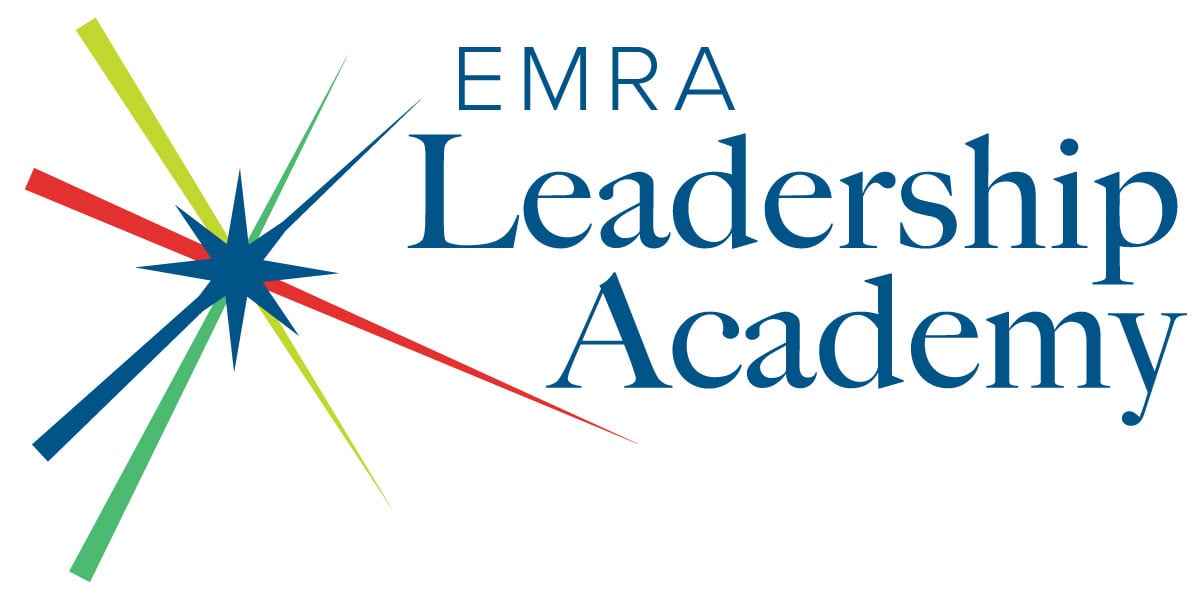2025 Leadership Academy Graduates
Congratulations to our 2025 Graduates
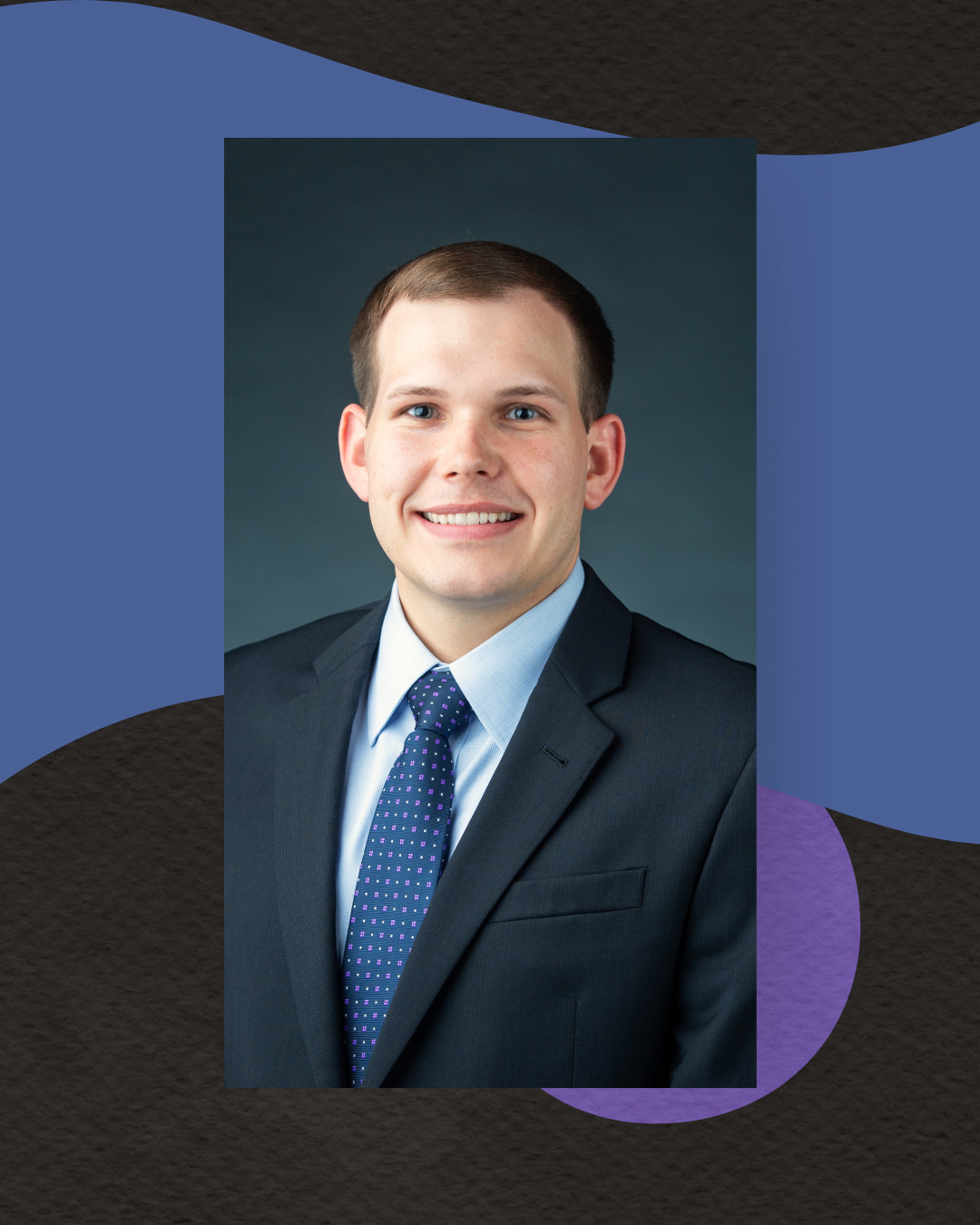
Jarad D. Anderson, MD
Program
University of Alabama at Birmingham (UAB)
Capstone Project
As part of the EMRA Leadership Academy, my capstone project encompassed two complementary initiatives focused on advancing resident advocacy and critical care education within my institution.
What would you tell future EMRA leaders about your experience in EMRA's Leadership Academy?
Participating in EMRA’s Leadership Academy has been a rewarding experience. It provides a rare opportunity to hear directly from a diverse group of respected leaders across the field of emergency medicine—each offering unique insights into leadership, advocacy, education, and career development. The program not only expands your perspective on what it means to lead within emergency medicine but also equips you with practical tools and inspiration to bring back to your own institution.
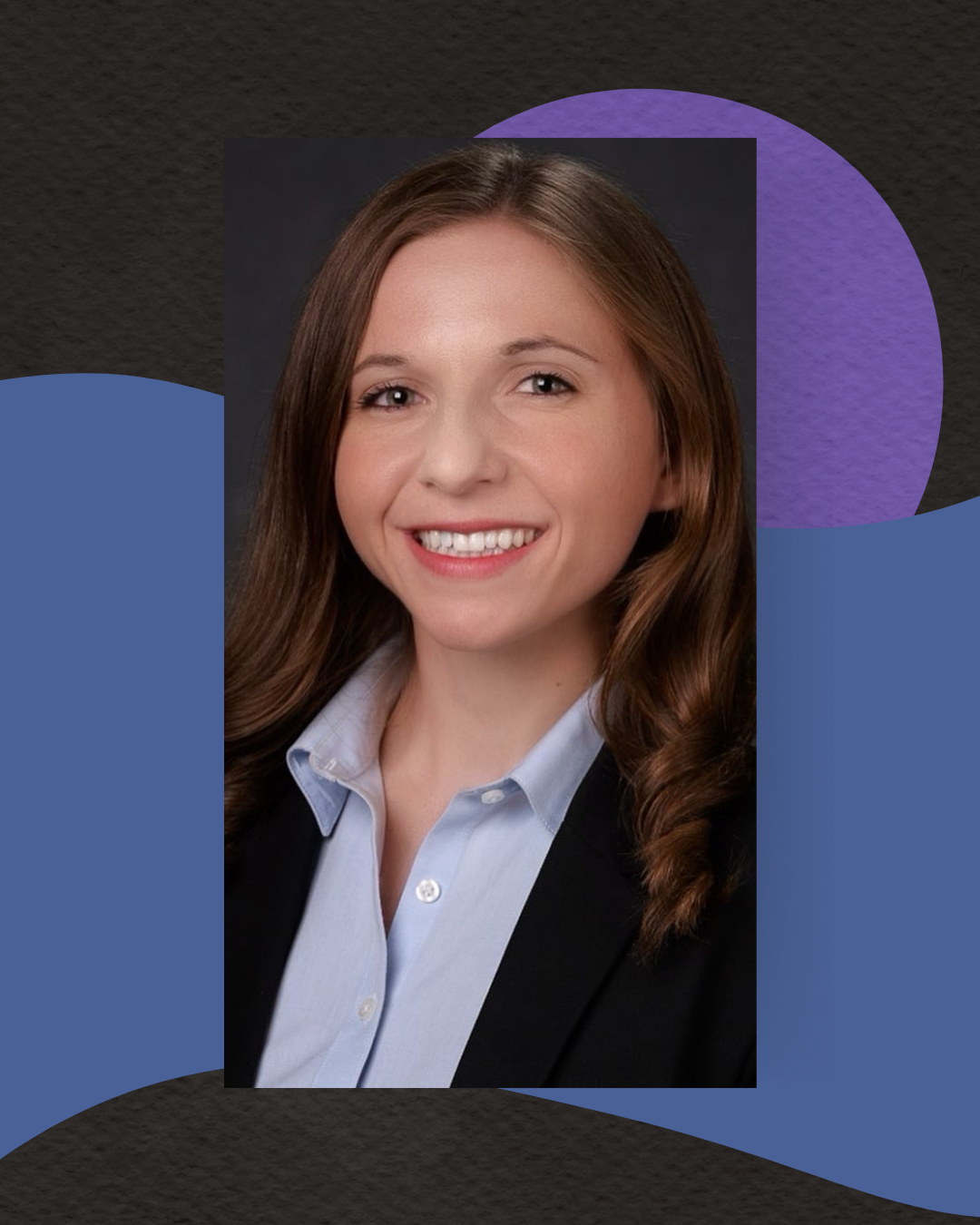
Alexandra Armato, MD
Program
UNC Emergency Medicine
Capstone Project
For my project, I developed a year-long resilience curriculum for emergency medicine interns to promote well-being, reduce burnout, and strengthen coping strategies. The goal was to provide a structured, evidence-based approach to improving resident mental health and fostering a supportive learning environment. I designed the curriculum by incorporating principles from prior research on resilience and wellness among emergency medicine physicians and tailored the content to address the unique challenges of emergency medicine training. Ultimately, the project aimed to build a sustainable culture of wellness and professional growth within the program while equipping interns with resilience skills early in their training that will carry forward throughout their careers.
What would you tell future EMRA leaders about your experience in EMRA's Leadership Academy?
I am so grateful for this opportunity and would strongly recommend it to anyone looking to build their leadership skills. Learning from some of the brightest minds in emergency medicine was truly an honor. The Leadership Academy equipped me with skills that will serve as a strong foundation as I embark on a career in academic emergency medicine.
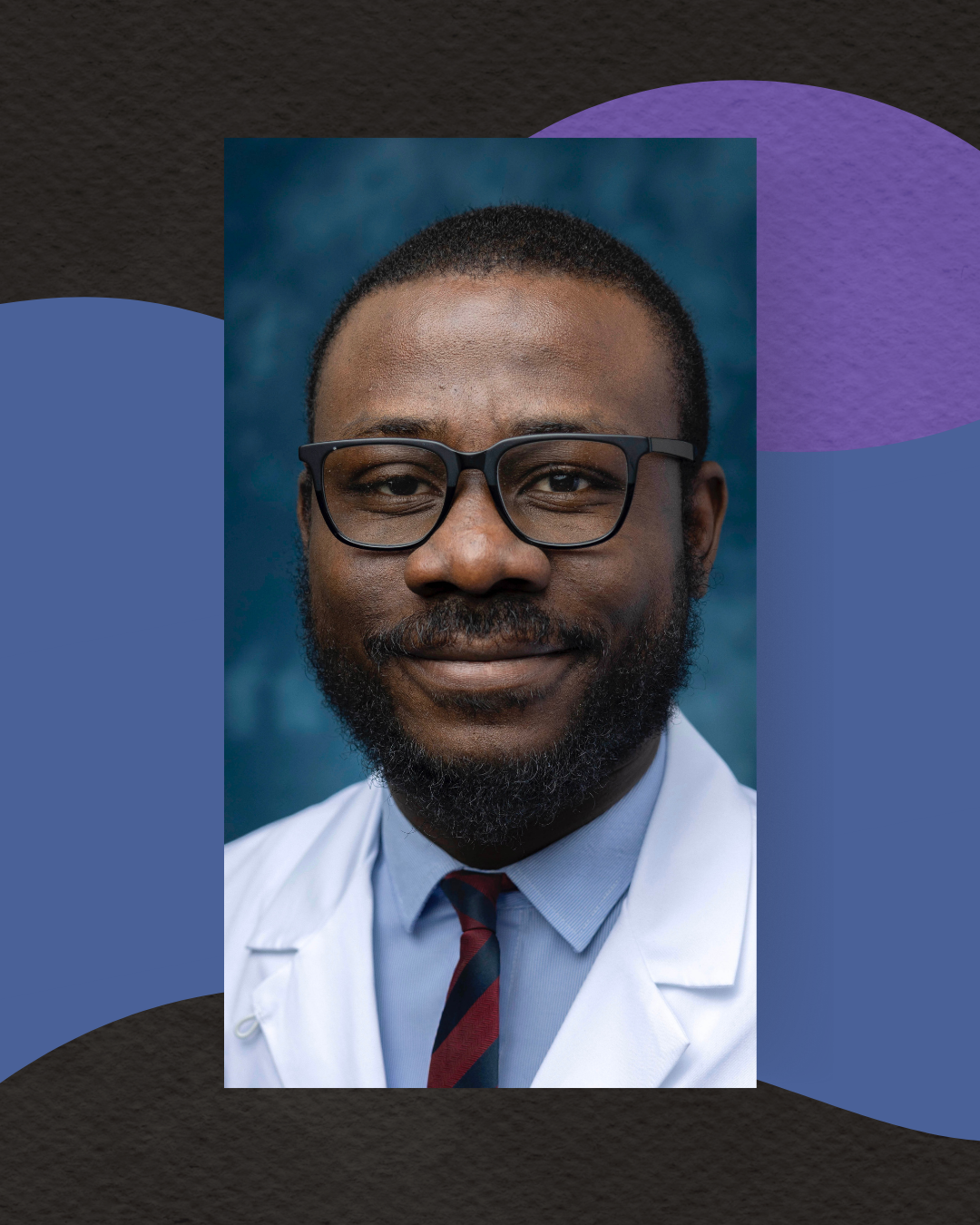
Clark Azubuike, MD, MPH
Program
Texas Tech University Health Sciences Center
Capstone Project
For my capstone, I joined my hospital's multidisciplinary sepsis quality improvement committee which met frequently to develop and implement strategies to help providers meet CMS SEP-1 requirements geared towards improving patient safety and outcomes.
What would you tell future EMRA leaders about your experience in EMRA's Leadership Academy?
A truly enlightening experience that created opportunities to network and to develop skills as an emerging emergency physician leader. If you care about the future of EM, then you should apply!
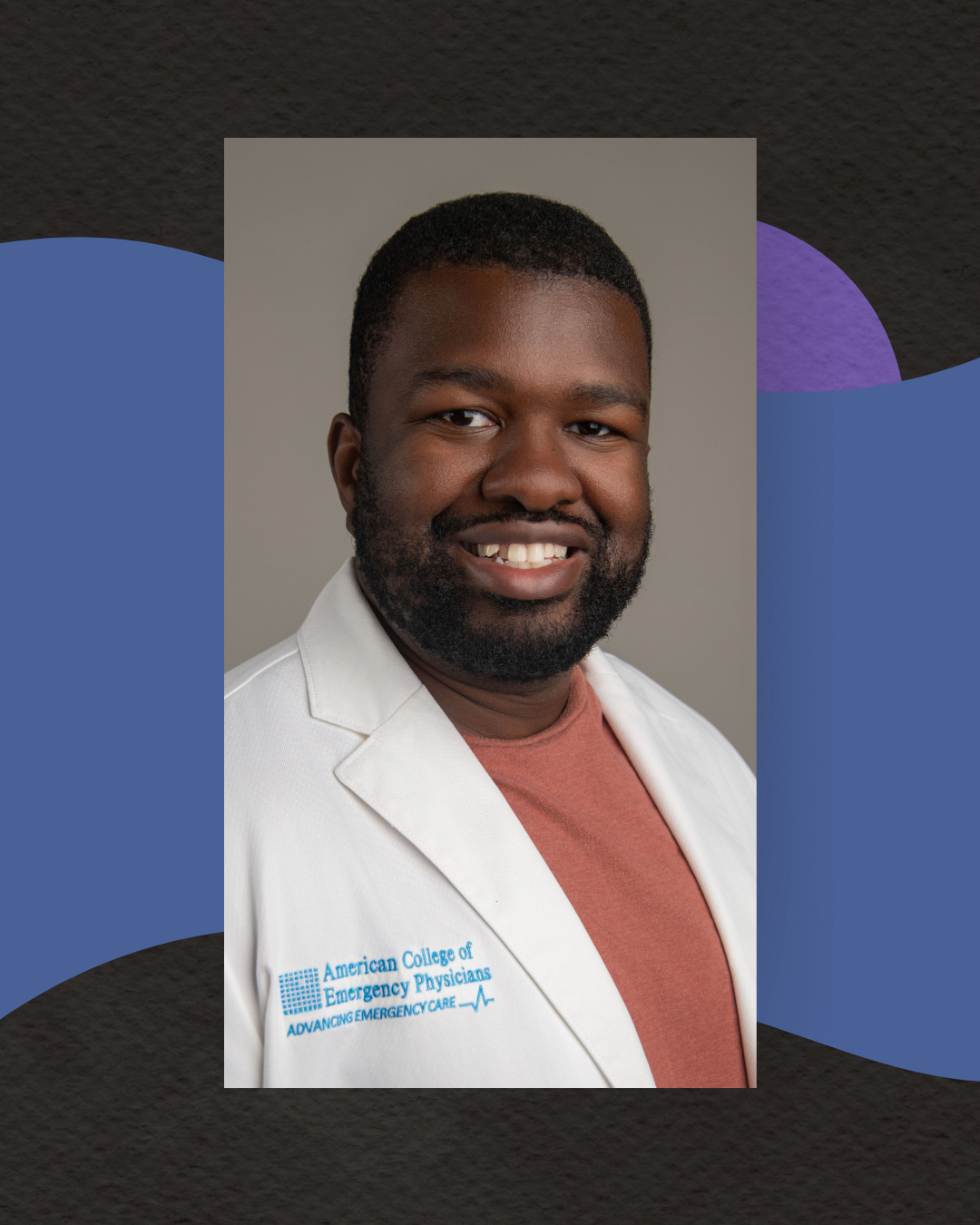
Kevin Bertrand, DO, MS
Program
University of Central Florida Ocala
Capstone Project
My capstone project focused on developing a quality improvement initiative to create an External Ventricular Drain (EVD) alert system designed to expedite the care of patients requiring emergent neuro ICU admission. The system streamlines coordination between the emergency department, neurosurgery, and the neuro ICU to ensure timely evaluation, intubation, line placement, and EVD insertion for appropriate candidates.
What would you tell future EMRA leaders about your experience in EMRA's Leadership Academy?
The best part about Leadership Academy was the community we have built over the year. Not only did I get to network with great residents in other programs, I got to develop strong friendships over the sessions and the in-person meetings at LAC and ACEP. The lectures were all informative and important, however the community is the aspect of Leadership Academy that I will remember in the future.

Amar Bukvic, DO, MBA
Program
Staten Island University Hospital
Capstone Project
My project tackled everyone's favorite subject: sepsis. Specifically, an initiative focused on improving our 6-hour sepsis bundle adherence. My objective is educating emergency department residents on the "why" of the different sepsis orders instead of the "what". It involves workflow mapping, collaboration between operations and nursing, and constant feedback from my fellow co-residents. Evaluation is centered on primarily tracking bundle compliance, but secondary metrics like time to antibiotics, lactate, and blood cultures will also be assessed. The goal is a sustainable, scalable sepsis education toolkit. .
What would you tell future EMRA leaders about your experience in EMRA's Leadership Academy?
The Leadership Academy represented a monthly break from the mundane that became clinical medicine. Instead, it drove me into a whole new world of medicine that we are not routinely exposed to during residency. It provided a constant source of motivation that helped me get through some tough months. It's an incredible feeling to know you are part of a group of hardworking individuals that want to better themselves and Emergency Medicine. I gained a great deal of knowledge about leadership, and also myself.
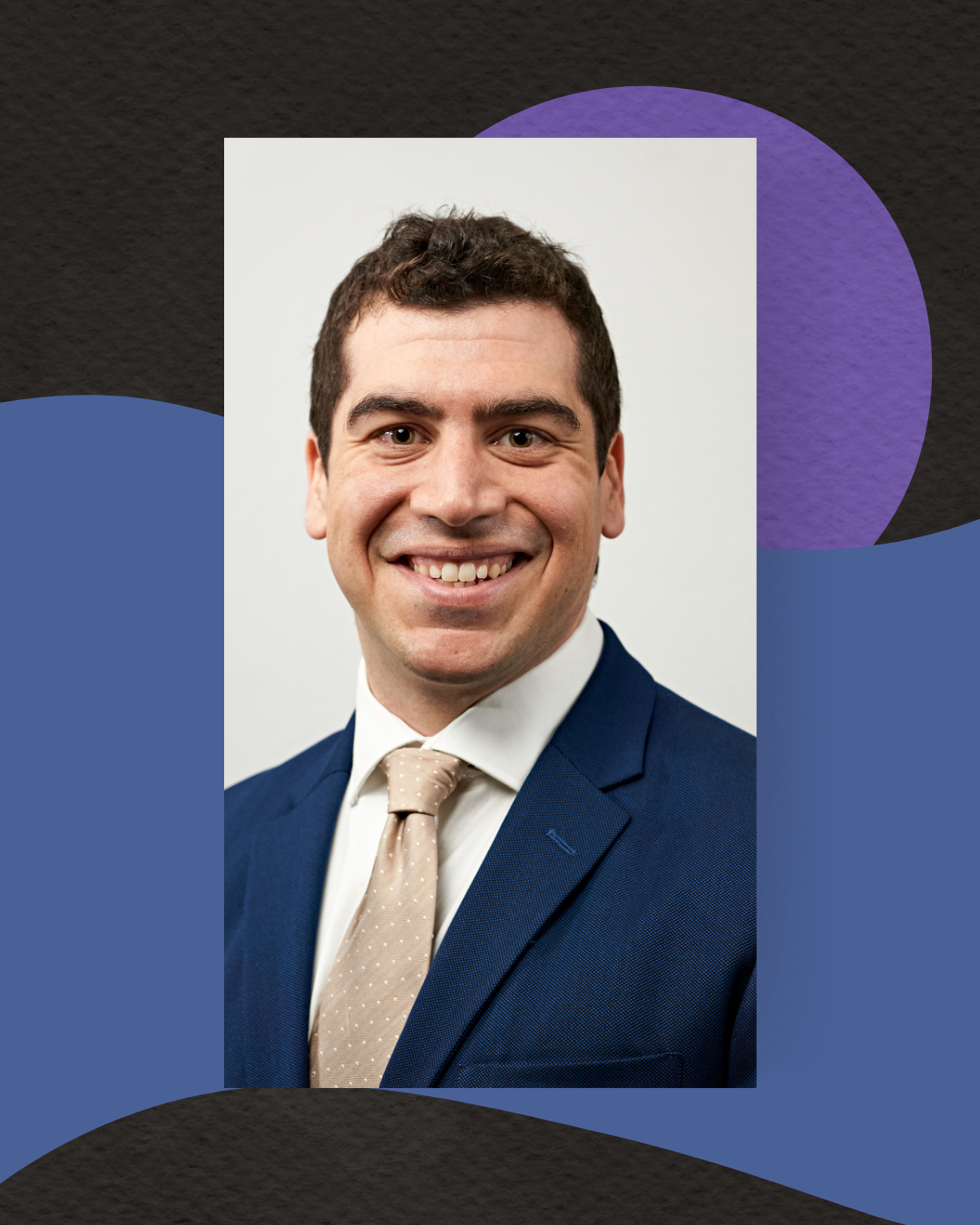
Anthony Capraro, DO
Program
Inspira Medical Center - Mullica Hill
Capstone Project
I created a dedicated medical education elective. On this rotation, senior residents act as a junior attending on shift, precepting and teaching interns and medical students. The resident also provides constructive feedback, and reviews relevant topics from cases seen that day. I also created a "question board", where residents can place sticky notes with questions they had or teaching points they learned on shift. The senior residents then use these topics to create lectures during weekly didactic conference. Based on the feedback, we are going to incorporate a medical education block as a regular rotation next year!
What would you tell future EMRA leaders about your experience in EMRA's Leadership Academy?
What a valuable experience! This was an amazing opportunity to collaborate with colleagues from all over the country, and learn from some of the 'best of the best' in emergency medicine.
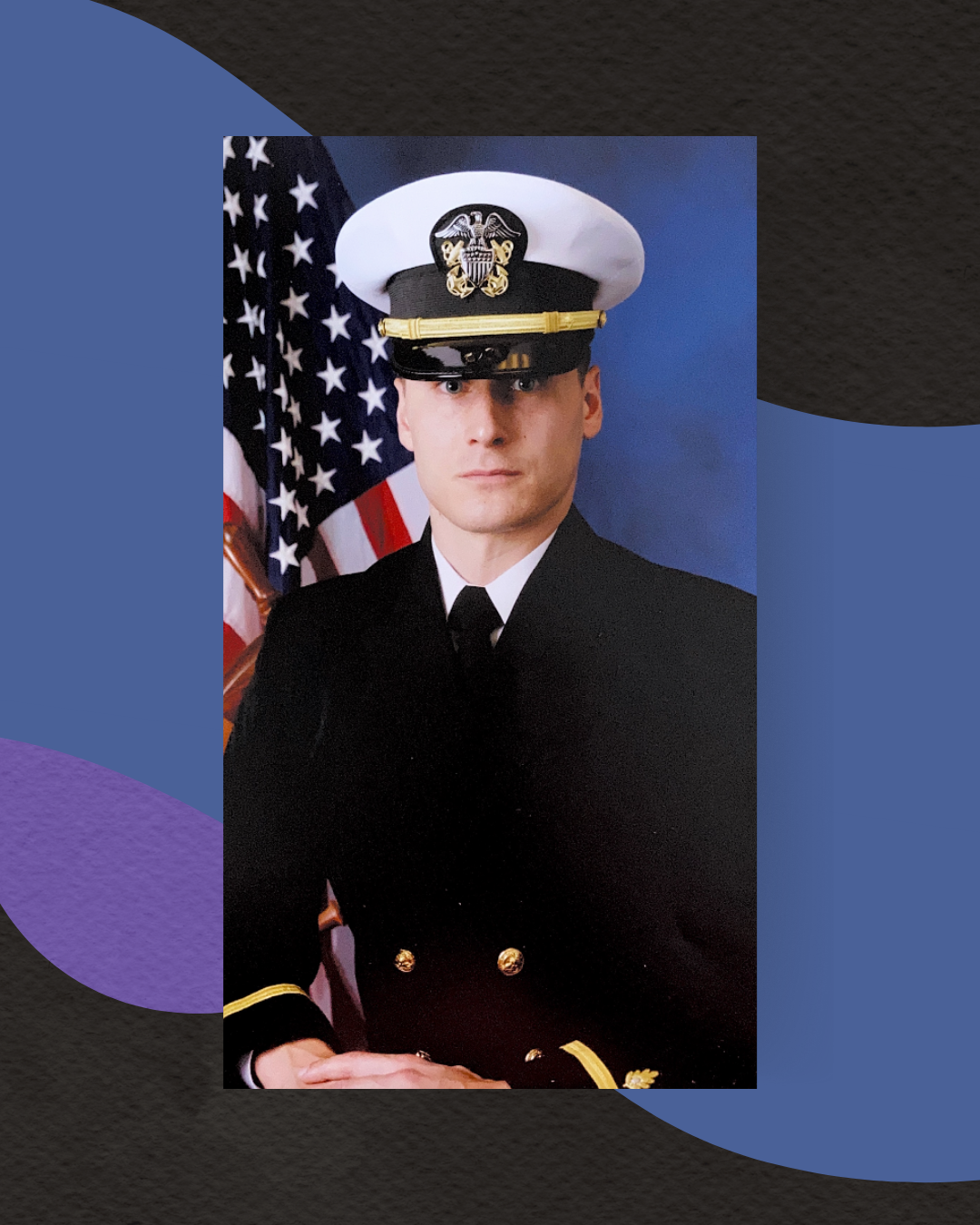
Brent M. Carreiro, DO, MMS
Program
Naval Medical Center Portsmouth
Capstone Project
I have always been an advocate for holistic well-being, and something I noticed early in my medical school career was poor coping mechanisms. This observation continued on through my time in residency. As a strong leader by example, I aim to maintain mental and physical health to the best of my ability. Growing up, sports and school were always my outlets. And since "school" is now a mainstay in most of our lives as medical students, residents, and attendings, sports and physical activity are my go-to. While my program's social club organizes fun and engaging group activities to promote cohesion and camaraderie, I decided to build upon this by initiating an Outing Club. I will be hosting completely voluntary activities such as group runs, yoga sessions, bike rides, hikes, rock climbing, and so on. In addition, I will aim to involve rotating medical students, off-service interns, and hospital staff so that we can all healthily cope with the burdens of our everyday jobs together.
What would you tell future EMRA leaders about your experience in EMRA's Leadership Academy?
I would say it is important to keep an open mindset. You know yourself best, but do not close yourself off to expanding upon your leadership skills. Read a variety of texts from leaders with differing insights. Listen to podcasts or talks from individuals you respect, but also delve into the minds of those whom you may not agree one hundred percent with. Learn from your superiors. Keep your eyes and ears wide open. Understand what leadership qualities in those above you are ones that you want to replicate. Do the same for those qualities that you do not want to develop into your leadership practicing patterns. Never stop learning, being humble, or displaying humility. Recognize your emotions, put titles to them, reflect, and adjust as needed. I continue to learn how to be a leader each and every day, and I will continue doing so for as long as I live. My advice for you is to keep this in mind as your careers progress. Best of luck!
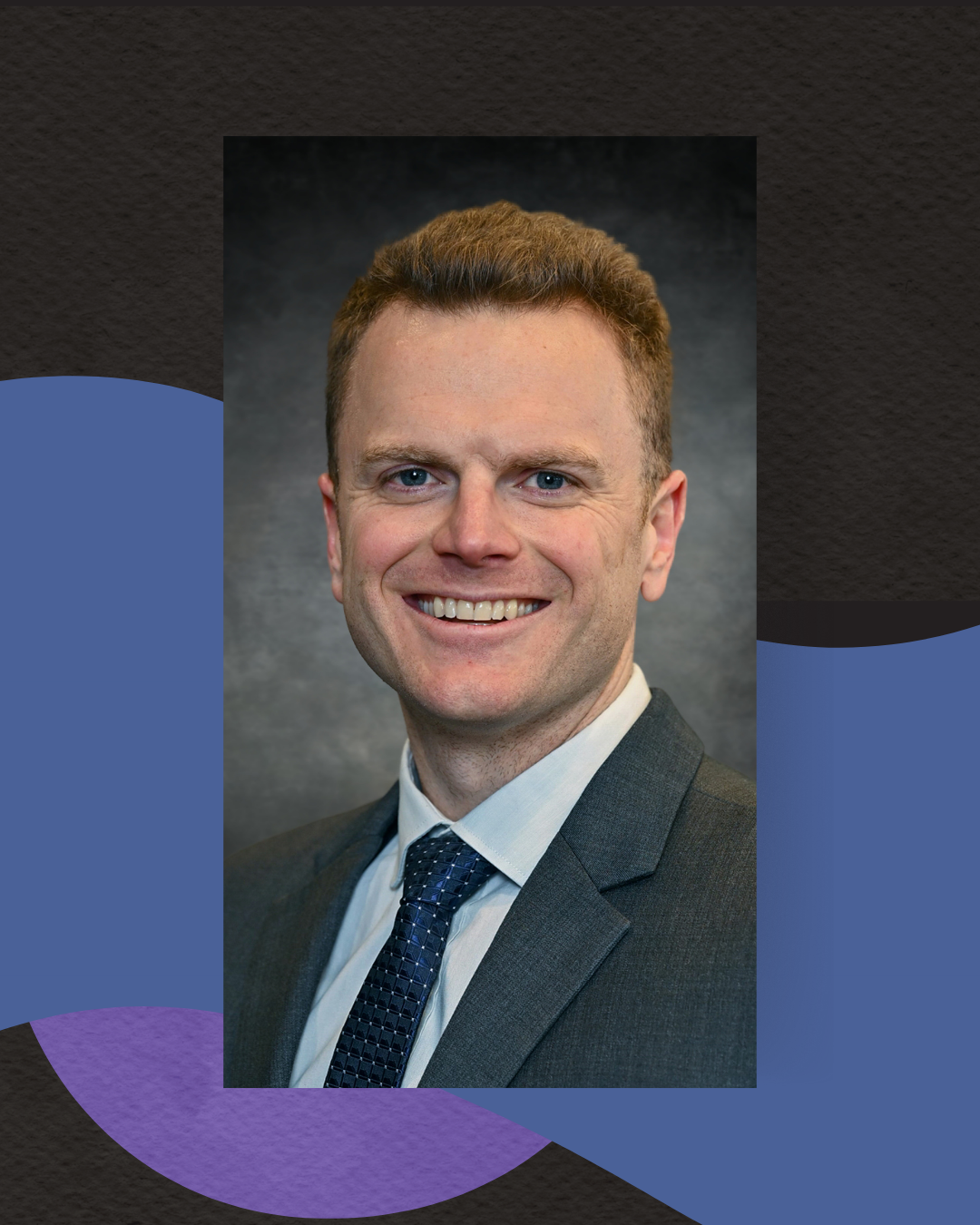
Morgan Eliasen (OMS-IV)
Program
University of New England
Capstone Project
With boarding at an all-time high, today’s Emergency Departments are always looking for ways to improve efficiency in patient workflow. One common hurdle for a patient’s workup in the ED is collecting urine. This issue is unique in that, for most patients, we are reliant on the patient to have the urge to urinate. Depending on their level of hydration, this can delay disposition for hours. During one of my sub-internship rotations, we brainstormed solutions to knock down the delays in the urine collection process. One relatively low-barrier solution is to place signs on the bathroom doors both inside the ED and in the waiting room asking patients to speak with staff about urine collection before going to the bathroom. The expected result is that this will not only cut down urine collection times, but will also shift some of the burden of responsibility for collecting the urine from the busy nursing staff to the patient. This initiative is something I plan to implement during the rest of my fourth-year clinical rotations and at my residency training next year.
What would you tell future EMRA leaders about your experience in EMRA's Leadership Academy?
I had a wonderful time participating in the Leadership Academy. I learned a lot about leadership, what it means to be an effective leader, and how to set myself up for a long, successful career in emergency medicine. The leadership team put a lot of time and energy into curating speakers. Not only did I learn a lot from the speakers, but I also learned from fellow students and resident participants.

Joseph Espiritu
Program
UCSF/ZSFG
Capstone Project
Developing three institute pathway guidelines to best assist pediatric emergency providers and learners in selecting appropriate analgesia, properly deciding urgent disposition in head trauma, and management of dental emergencies.
What would you tell future EMRA leaders about your experience in EMRA's Leadership Academy?
I really appreciated the various talks that helped me conceptualize my growth and my own leadership style that I would like to develop. Meeting everyone in person at ACEP and hearing from inspiring EM leaders was well worth the commitment on its own!
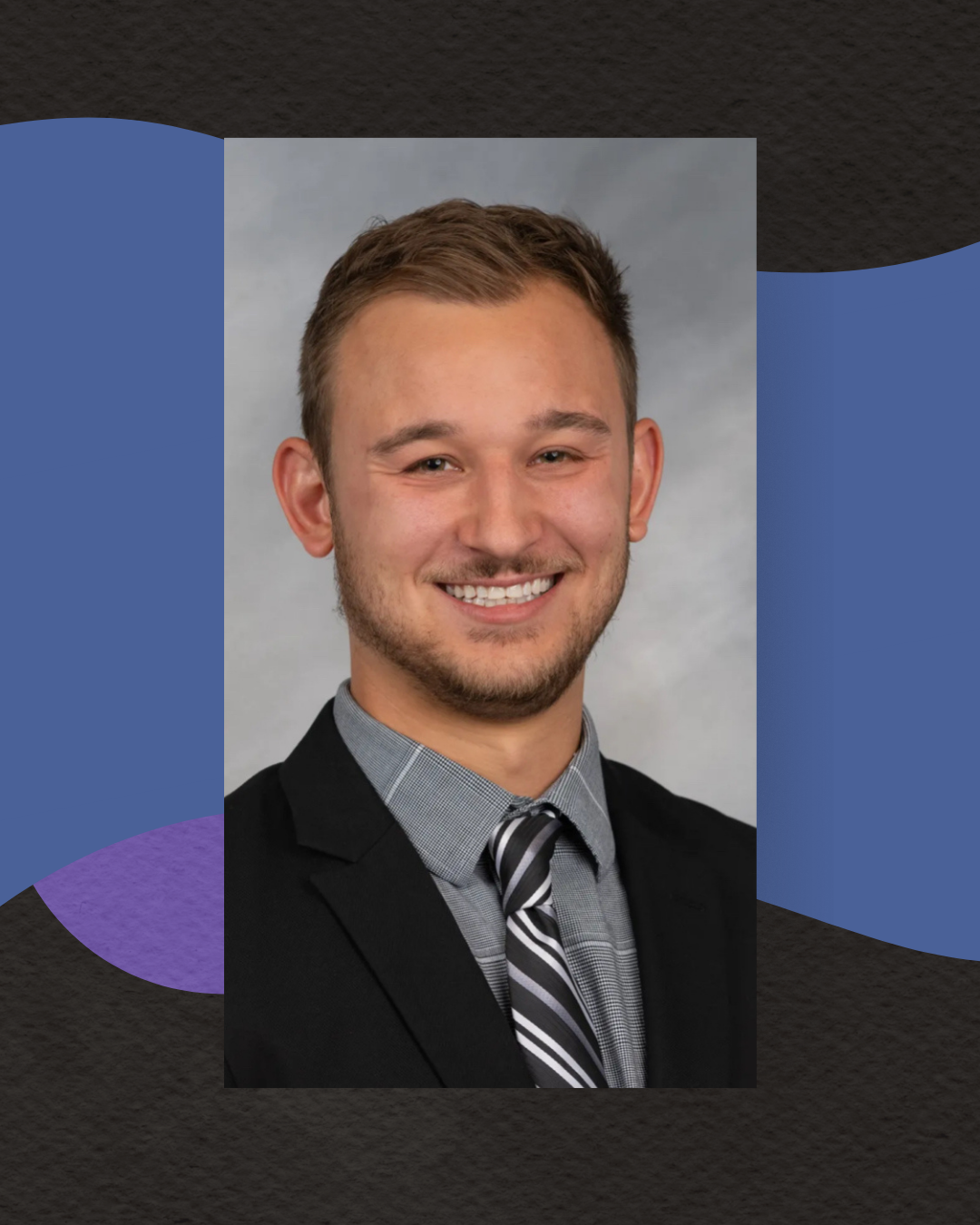
Noah Fiala, DO
Program
Detroit Receiving
Capstone Project
Project is a quality improvement initiative aimed at improving emergency medicine interns’ accuracy and confidence in critical medication dosing through implementation of a badge reel reference card. Early learners often struggle with medication dosing due to competing demands of learning clinical workflows and patient care. The project began with a pre-survey assessing knowledge of randomly selected emergency medications, followed by distribution of a badge reel containing the 20 most commonly used ED medications. A post-survey at one month demonstrated improved dosing accuracy (40.8% → 65.3%) and increased confidence and familiarity among interns. Future follow-ups at 3, 6, and 12 months will evaluate retention and the long-term effectiveness of the intervention. The project is currently being presented at both regional and national emergency medicine conferences to share findings and promote broader implementation.
What would you tell future EMRA leaders about your experience in EMRA's Leadership Academy?
The EMRA Leadership Academy allowed me to gain valuable perspectives from a wide range of leaders in the field. Being a physician means that each of us will serve as a leader in some capacity. The Leadership Academy not only provided an early opportunity to embrace that responsibility, but also offered the chance to learn skills and insights from those who have already walked the path ahead of us.
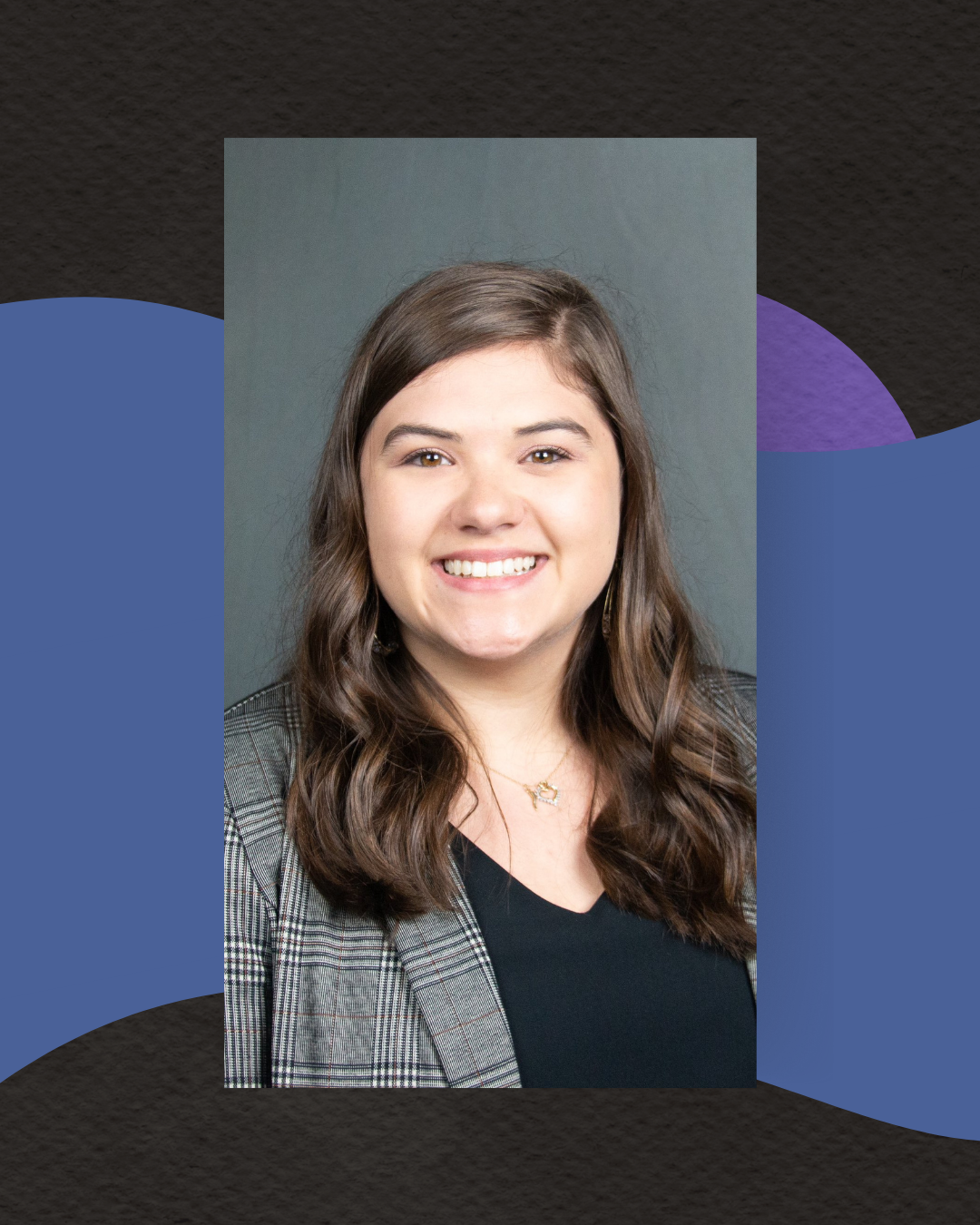
Nicole Gentile, DO
Program
Prisma Greenville
Capstone Project
I am currently working on a QI project surrounding language interpretation in the ED. My program has the wonderful benefit of in person Spanish translators and we are working to see average time in department and time to provider for patients with different languages.
What would you tell future EMRA leaders about your experience in EMRA's Leadership Academy?
This is an incredible experience, that allows you to grow not only as a leader but as a physician. It’s amazing how much you learn about yourself from the lecture series. I encourage anyone who’s thinking about it, to jump in with both feet and apply.
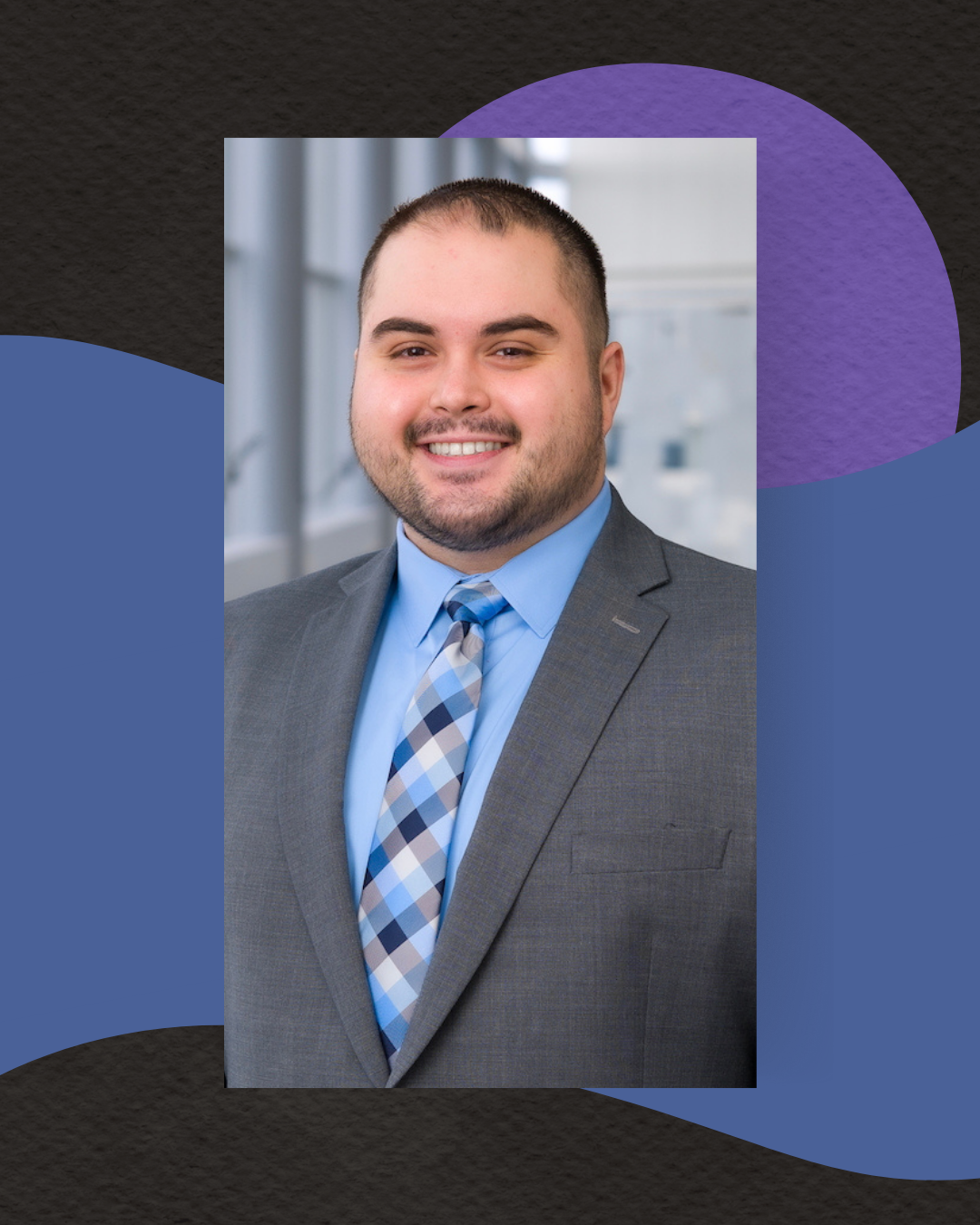
Marcus González, MD, MBA
Program
University of Texas Southwestern Medical Center
Capstone Project
Resident simulation day focusing on the social, financial, and logistical barriers to care our patients navigate
What would you tell future EMRA leaders about your experience in EMRA's Leadership Academy?
The EMRA Leadership Academy is an incredible experience that provides you with tools to grow as a leader beyond the ED. It helped me develop my abilities to turn ideas into actions, work and communicate effectively with others, and lead with confidence.
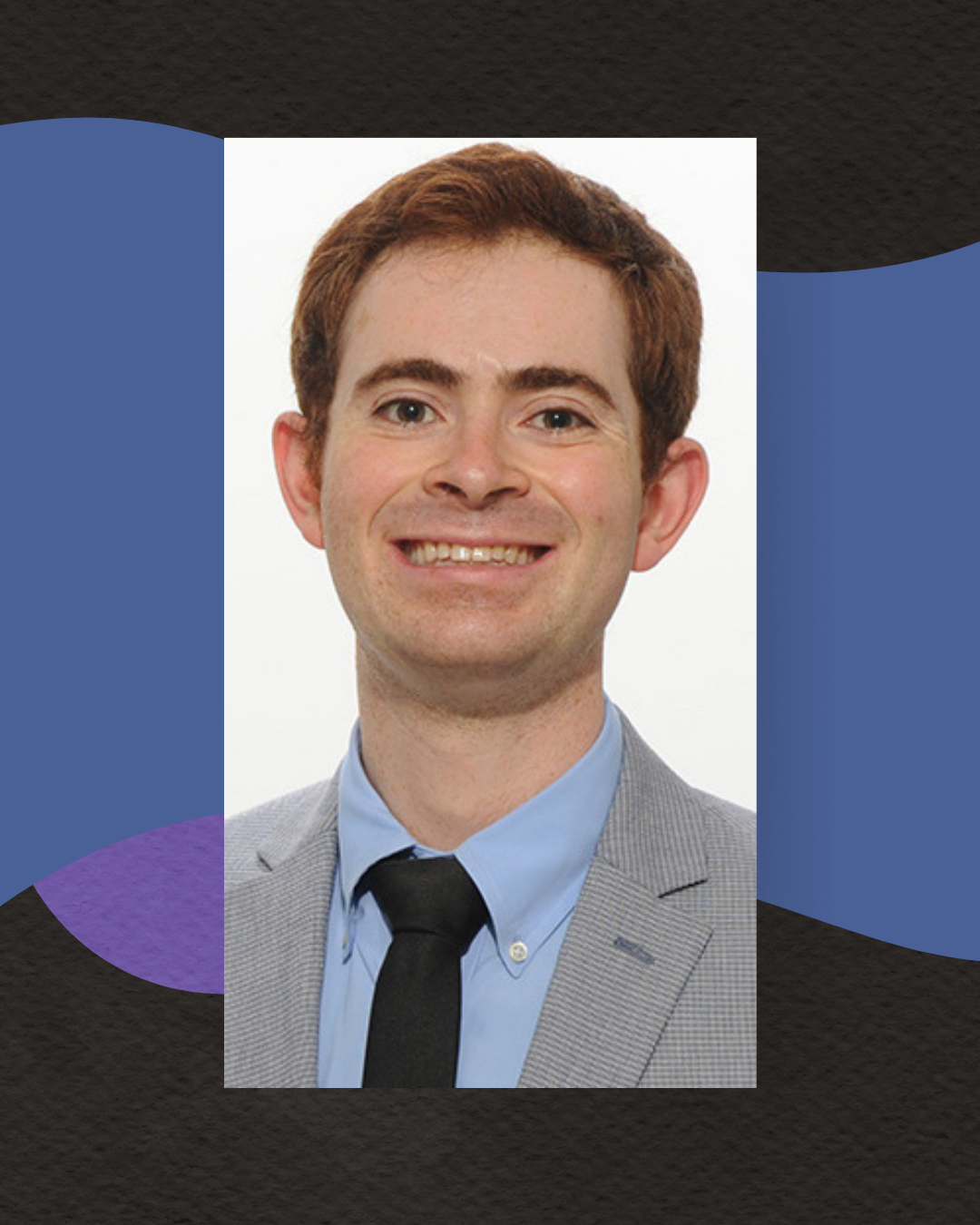
David Gordon, MD
Program
Yale
Capstone Project
I helped to create a roadmap for an Advanced Practice Certificate for Innovation and Intrapreneurship at my medical school. I collaborated closely with faculty leads and an innovation-focused student team to develop an initial curriculum and 5-year plan for this new course series. This certificate has since been approved by school leadership with plans to implement as an adjunct to resident education in the upcoming academic year.
What would you tell future EMRA leaders about your experience in EMRA's Leadership Academy?
Leadership Academy is an incredible opportunity to reflect on your skills as an emerging leader, learn pearls on leadership from faculty, and discuss leadership traits with a cohort of peers across different training programs. I loved our pre-and post session discussions as I could learn from my peer's perspectives.

Sanjae Gordon, MD
Program
Nuance Health
Capstone Project
My project focuses on enhancing resident education regarding proper blood specimen collection. Specifically, the selection of the correct blood tube for each laboratory test and adhering to the recommended order of draw. In the ED, where efficiency and accuracy are important, residents frequently obtain blood samples during ultrasound-guided IV placements. By standardizing this process, the aim is to reduce redraws, improve workflow, and enhance patient care. The initiative integrates visual aids, quick-reference charts, and simulation-based teaching to reinforce correct practices in real time.
What would you tell future EMRA leaders about your experience in EMRA's Leadership Academy?
The academy was a great experience! The knowledge I've gained from the speakers over the last year has been invaluable. Not only in my day to day in the ED but also has also helped me become a better physician. This is a great opportunity, one that we're so lucky to have!
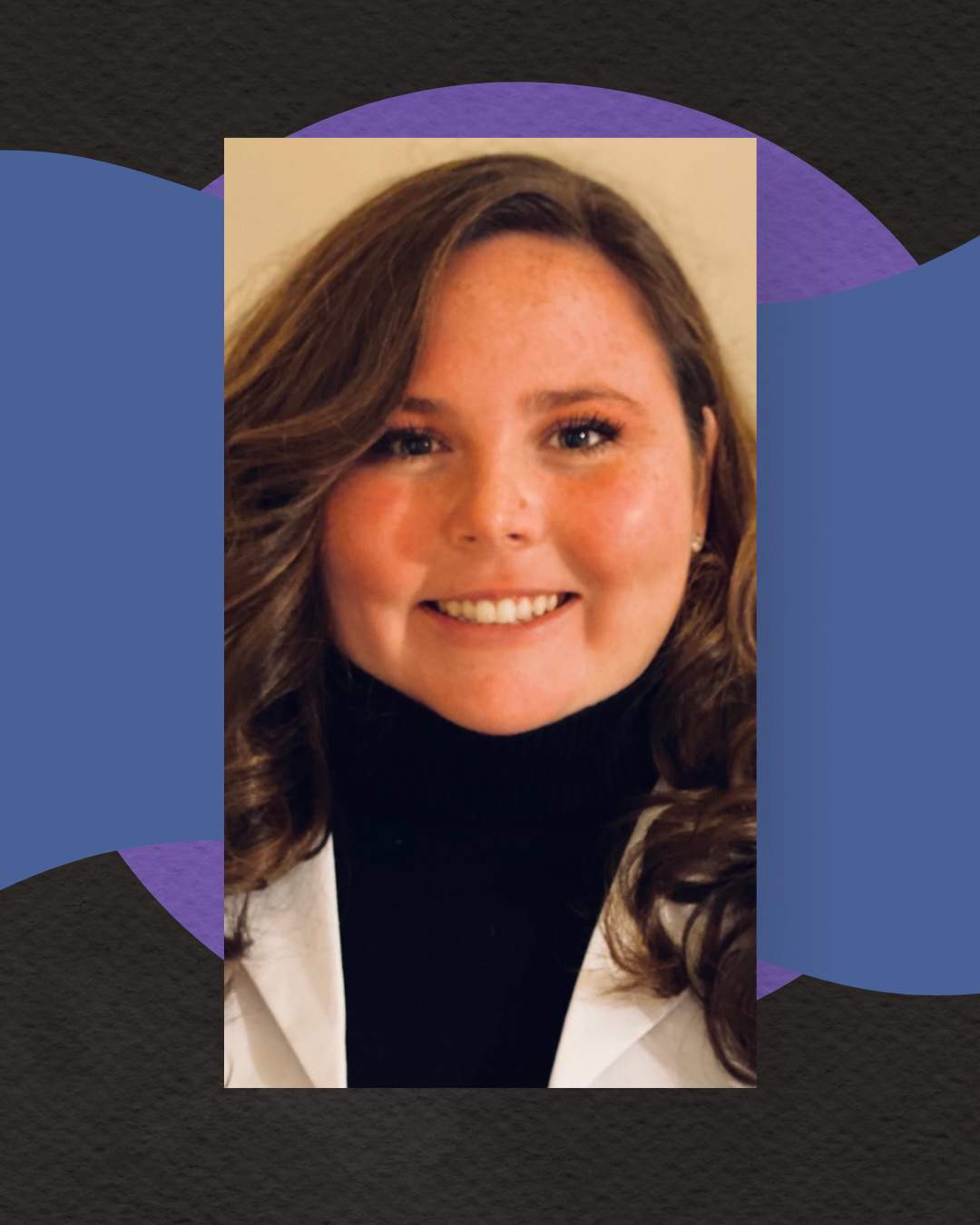
Hannah Griffiths, DO
Program
Jefferson Einstein Montgomery
Capstone Project
My capstone project is developing an EMS pathway at my program. The first part of my project was helping to develop an EMS education program. This EMS education program is a monthly education series where we have discussions surrounding different protocol related medical education such as myocardial infarctions or psychiatric care. The second part of my project will be creating a relationship with a nearby ambulance company for our residents to do an elective EMS rotation during their second year for longitudinal EMS exposure. The third part of my project will be working with our medical directors to create times for the EMS pathway residents to learn more about QI and how to be a medical director. This three part project will be written into a formal pathway for our EMS interested residents to follow for them to have more experience prior to fellowship.
What would you tell future EMRA leaders about your experience in EMRA's Leadership Academy?
EMRA's leadership academy was an unforgettable experience. It taught me a lot about how to be a leader but also taught me more about myself as well. It was really helpful during my intern year of residency while learning how to navigate residency but also how to lead a room. It opened my eyes to different opportunities and I will use all of the tools that I have learned while continuing to develop my career in emergency medicine.
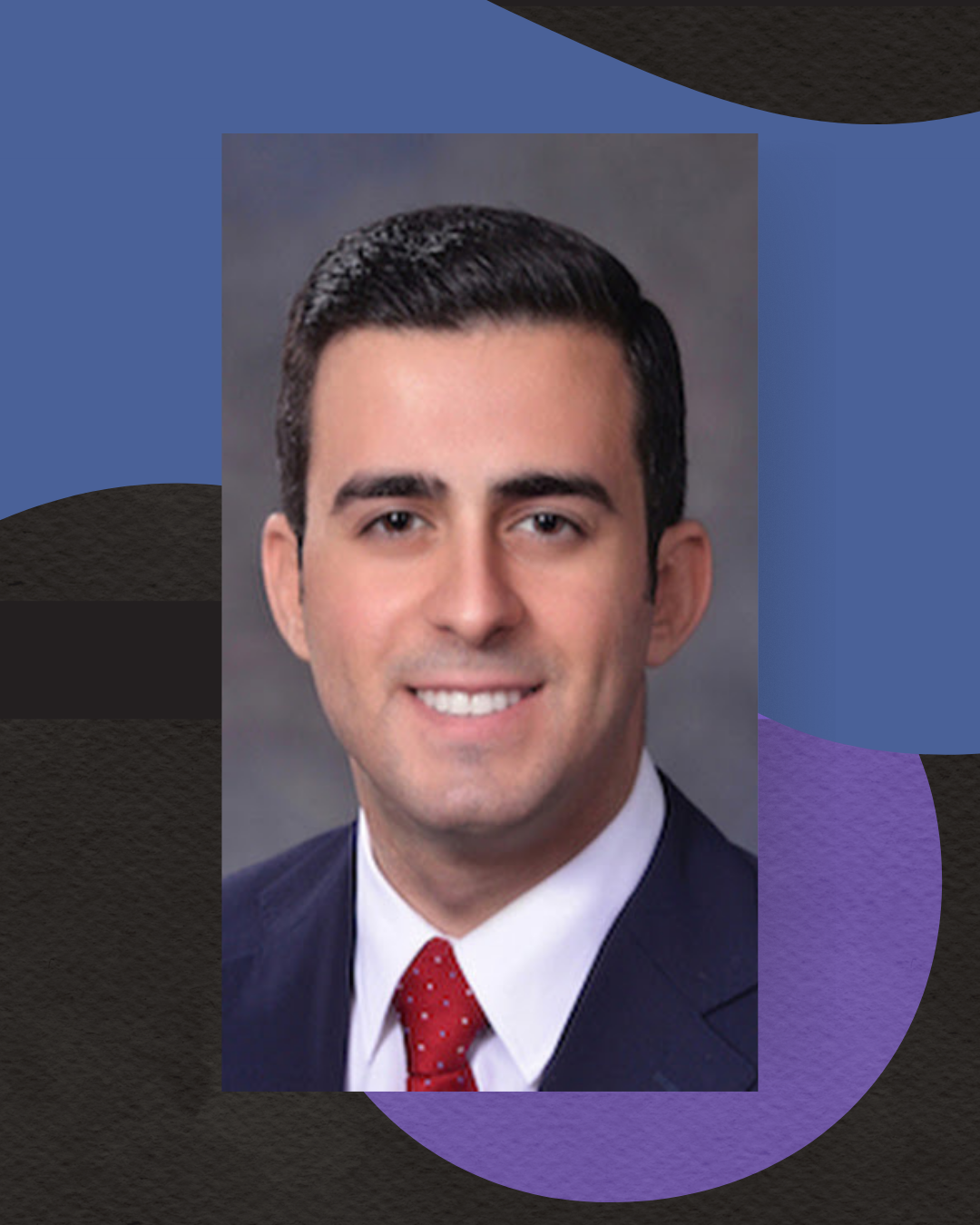
Ahmad Hadri, DO, MBA
Program
Henry Ford St. John
Capstone Project
Integration of a regional anesthesia elective for emergency medicine residents to enhance their exposure and increase resident proficiency and confidence in performing regional anesthesia blocks in the ED for acute pain management.
What would you tell future EMRA leaders about your experience in EMRA's Leadership Academy?
This is an incredible opportunity to step outside your home institution, get involved, and expand your horizons. Experiences like this push you to grow as a leader, develop skills rarely taught in residency, and gain lessons that will shape your career and personal growth.
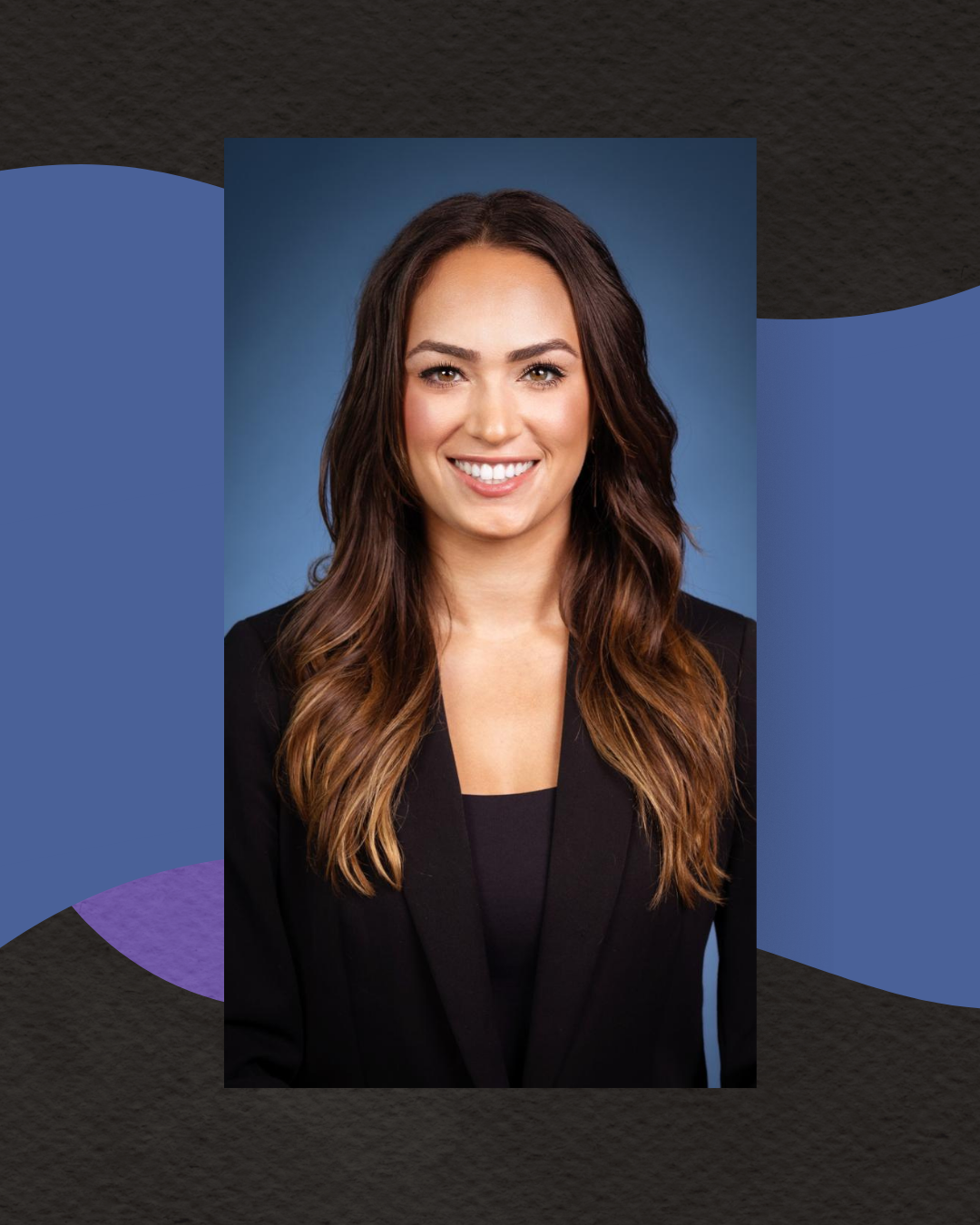
Gabriela Hernandez, DO
Program
Maimonides Medical Center
Capstone Project
Timely identification and accurate documentation of sepsis are critical for ensuring effective management and improved patient outcomes in the Emergency Department. Our current process will involve a daily review of flagged potential sepsis cases received via email each morning. Reviewers will assess each chart to confirm if the patient meets SIRS and sepsis criteria, classify the case appropriately as sepsis, severe sepsis, or septic shock, and verify that the correct diagnosis is documented by the ED and admitting teams. Any discrepancies are corrected in the electronic chart and communicated to the respective providers and department leadership using standardized email templates. All cases are recorded in a shared ED sepsis log to maintain centralized data for quality audits. This structured review process aims to enhance diagnostic accuracy, ensure compliance with sepsis bundle requirements, and promote timely feedback to providers which ultimately will improve sepsis recognition and management across the department.
What would you tell future EMRA leaders about your experience in EMRA's Leadership Academy?
Participating in EMRA’s Leadership Academy was an incredibly rewarding experience, especially as I transitioned from medical student to resident. The program provided me with invaluable tools and insights to help me grow as an emerging leader within my residency program. The monthly sessions with accomplished leaders in Emergency Medicine were particularly impactful—they encouraged thoughtful reflection on my own leadership style, strengths, and areas for growth. Through these discussions and mentorship, I gained greater confidence in my ability to lead effectively, collaborate with others, and contribute meaningfully to my department and the broader EM community. I would highly encourage future EMRA leaders to take full advantage of this unique opportunity to connect, learn, and develop the foundational skills that will shape their future leadership journey.
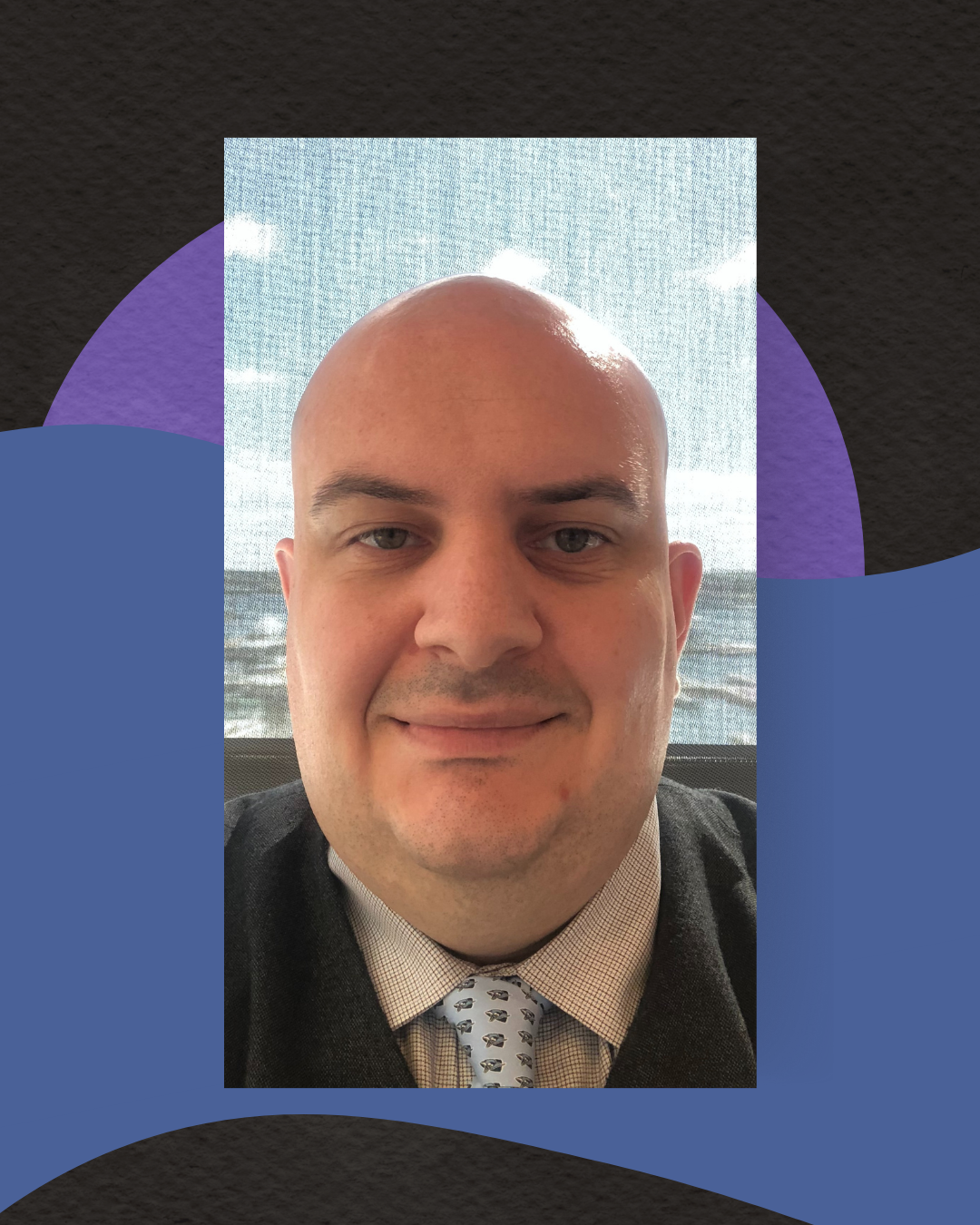
Mark J. Iannatuono, MD, MS, MBA (Candidate), RN
Program
Johns Hopkins University - Howard County Medical Center
Capstone Project
Launching and Leading a Stop the Bleed Program at my hospital
What would you tell future EMRA leaders about your experience in EMRA's Leadership Academy?
It was soooo much fun! Try to be active, you get out what you put in!
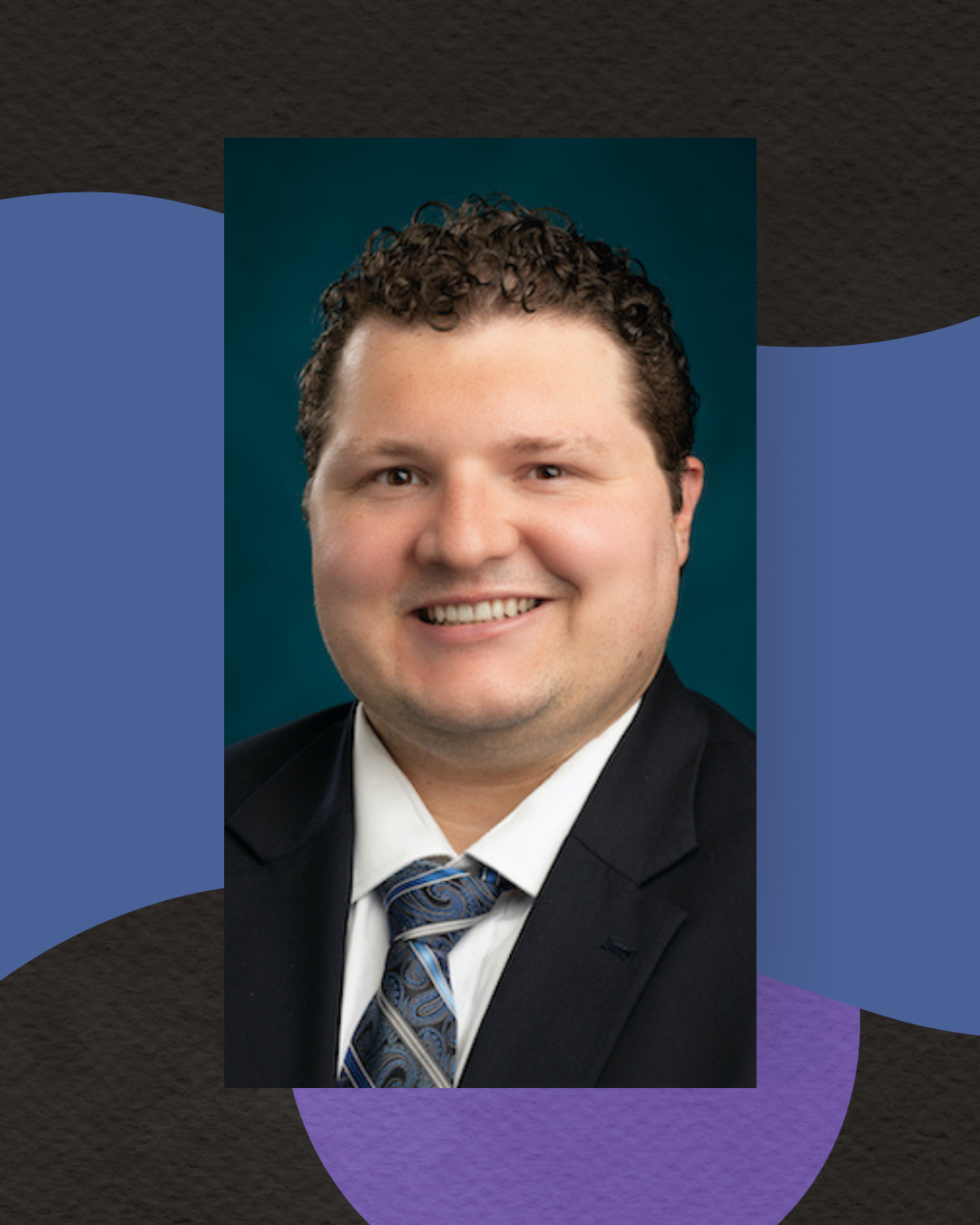
Thomas Johnston, MD, MBA
Program
Southern Illinois University School of Medicine
Capstone Project
My capstone project focuses on the development and testing of AI Patient Simulation. Our team has created virtual patients powered by generative AI that interact with learners through a web-based simulation platform. In these simulations, users engage in real-time voice-to-voice conversations with the AI patient and can order diagnostic tests or labs to arrive at a diagnosis. The study examines how integrating AI Patient Simulations and AI technologies into medical education affects the development of communication skills and clinical knowledge in medical students and residents.
What would you tell future EMRA leaders about your experience in EMRA's Leadership Academy?
The Leadership Academy has been an great experience to learn from and ask questions of various leaders in emergency medicine. I have learned practical skills to develop myself and become a better leader.
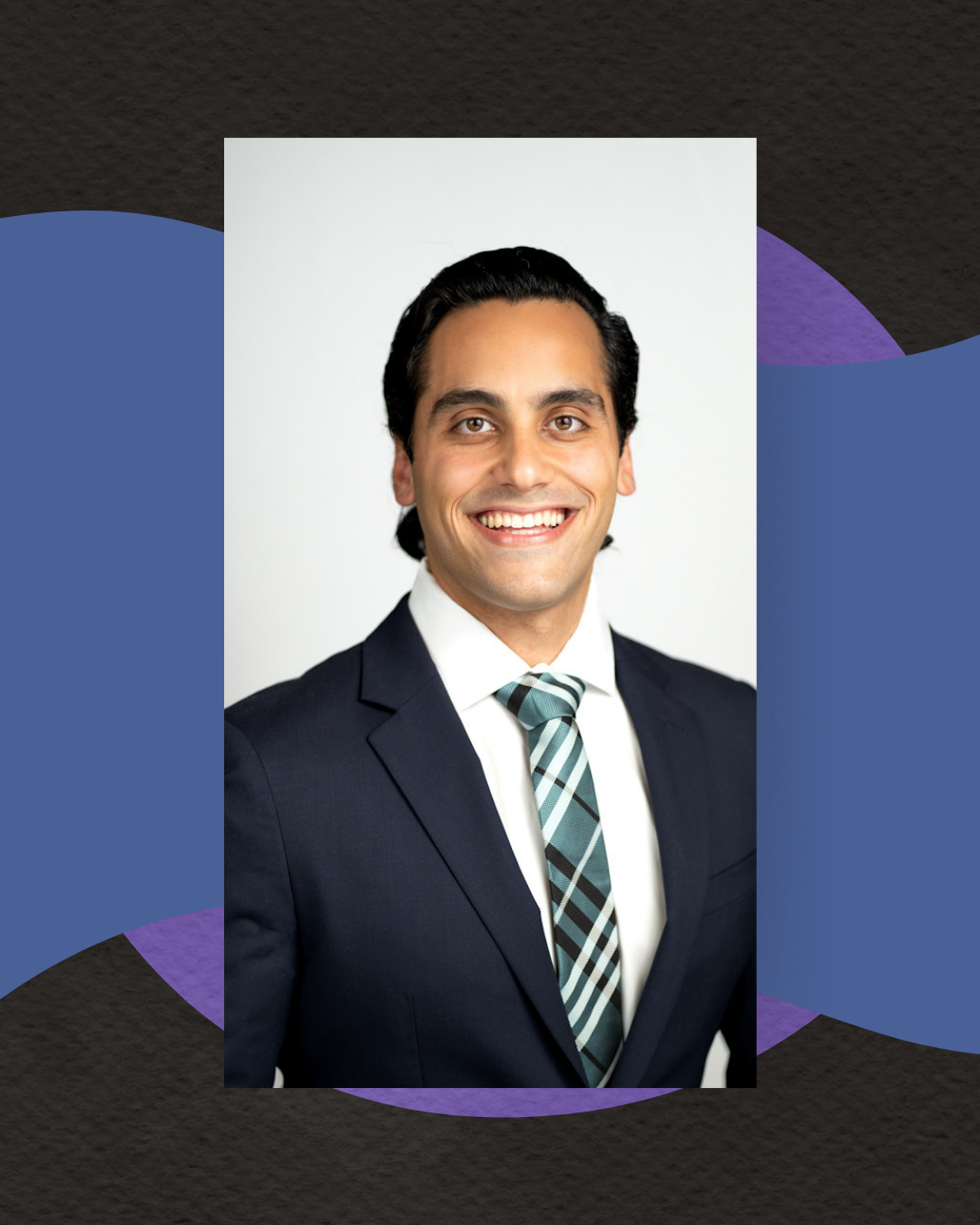
Brandon Kahen, DO
Program
SIUH
Capstone Project
A resident-led quality improvement project aimed at reducing contamination rates and improving the accuracy and efficiency of urine specimen collection in the Emergency Department. The initiative analyzed workflow bottlenecks, redesigned patient and staff education materials, and implemented standardized collection protocols. Early outcomes demonstrated improved compliance and a measurable reduction in repeat testing.
What would you tell future EMRA leaders about your experience in EMRA's Leadership Academy?
Highly recommend!
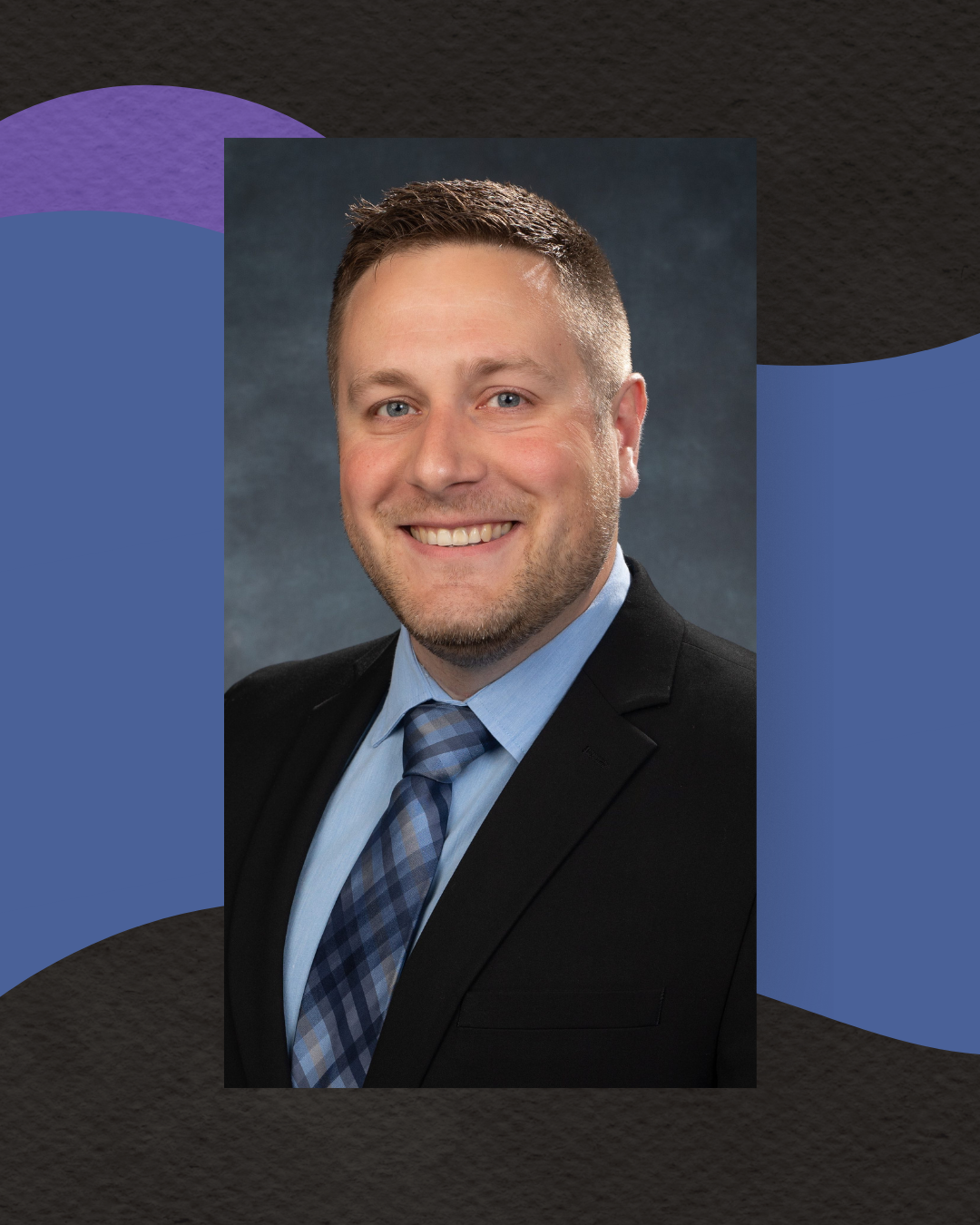
Jarred Millard, MD
Program
University of Alabama at Birmingham
Capstone Project
I developed a process for in situ procedural simulation for HALO procedures. Utilizing procedural scripts to ensure consistency and with hands-on anatomical models, senior residents guided and mentored co-residents on various procedures while on shift. These additional procedural repetitions performed in the clinical setting without the notice and isolation of a standalone procedural simulation day more closely resemble the situations in which residents will perform these procedures. All participants strengthen their procedural skills while senior residents gain the additional benefit of strengthening their teaching skills.
What would you tell future EMRA leaders about your experience in EMRA's Leadership Academy?
Fantastic opportunity to connect with a diverse group of leaders in Emergency Medicine from all across the country!
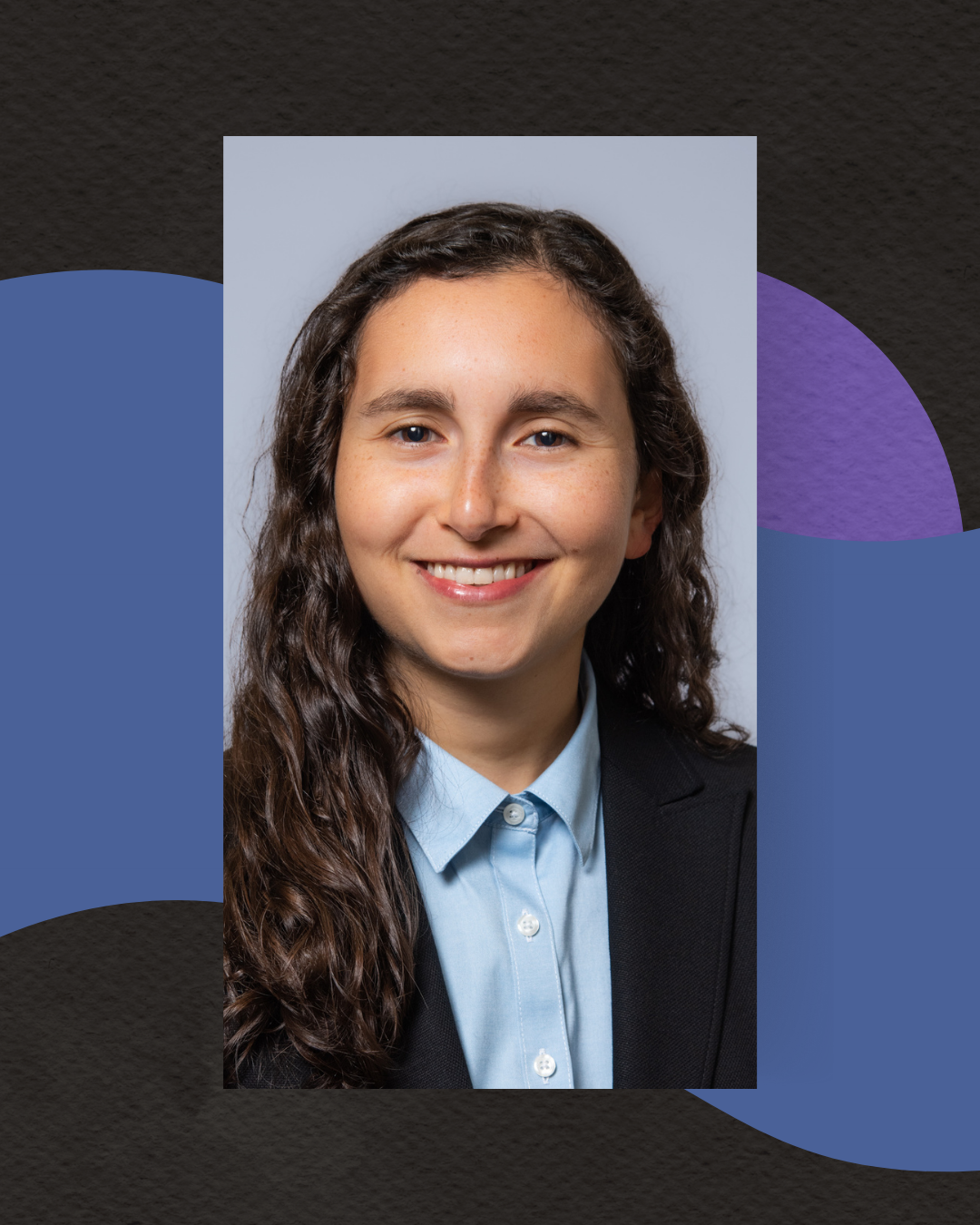
Hannah Miller, MD
Program
University of Vermont Medical Center
Capstone Project
Being part of a team made up of EM residents and attendings that collaborated with the mission to improve the prevalence of hot debriefs after codes and to guide how they are practiced. Our goal has been to raise awareness of the importance and value of debriefs both to improve clinical practice as well as to improve clinician wellbeing. Since the initiation of our QI project, we have seen more debriefs take place in the ED and have received good feedback regarding their inclusion in the workflow.
What would you tell future EMRA leaders about your experience in EMRA's Leadership Academy?
The Leadership Academy is a wonderful vehicle to meet like-minded colleagues who share the mission of practicing excellent medicine. Each month, wonderful faculty join to discuss an important topic relevant to our practice. These sessions are informative and allow for deep reflection, through which I have learned a great deal.
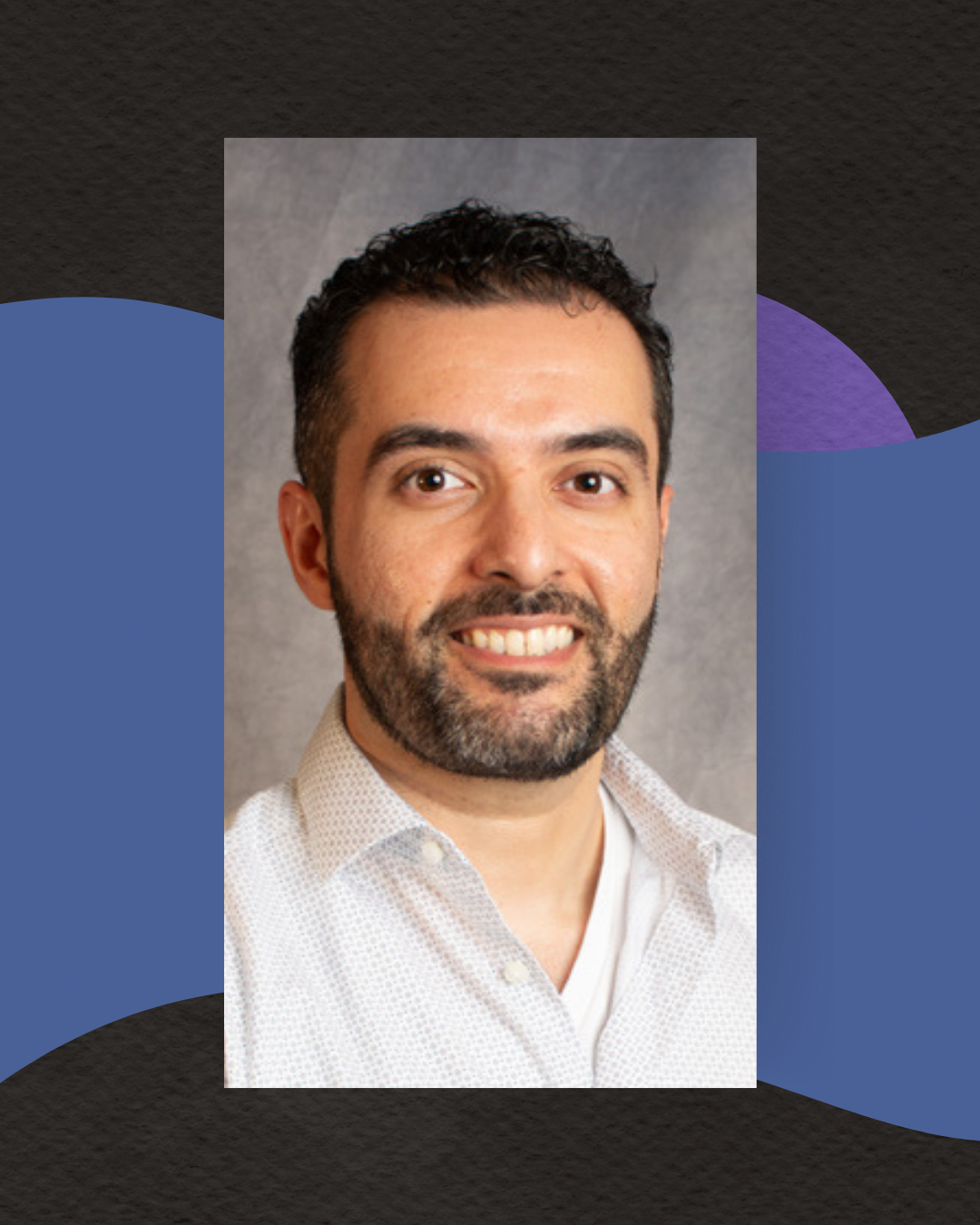
Ahsan Mir, MD, MS
Program
Central Michigan University/Covenant Healthcare
Capstone Project
A 32-year-old male presented to the ED with several weeks of worsening neck pain, fatigue, trismus, and dysphagia after a minor bicycle accident. He had previously been evaluated twice at an outlying ED, where his symptoms were attributed to musculoskeletal strain, and once by his PCP, who prescribed antibiotics for presumed cervical lymphadenopathy. On arrival to our ED, he had decreased cervical range of motion, trismus, and tender cervical lymphadenopathy. CT imaging revealed destructive lytic lesions at C1–C2, prompting transfer to a tertiary center.
What would you tell future EMRA leaders about your experience in EMRA's Leadership Academy?
EMRA’s Leadership Academy helped me step back and really reflect on who I am as a leader—not just in title, but in how I show up for my team. The sessions gave me practical tools and space to grow alongside a group of like-minded peers. If you're even a little curious about developing your leadership voice, this is 100% worth doing.

Dang Nguyen
Program
Maimonides Medical Center
Capstone Project
For my capstone project, I am starting a palliative care scholarly track for my emergency medicine residency, having partnered with EM attendings. Our goal with this scholarly track will be to encourage residents to hone communication skills in goals of care conversations and learn more about advanced symptom management by participating in a palliative care focused elective, participating in sim sessions and modules, and taking part in educating their colleagues through didactics/journal clubs, as well as participating in research related to palliative care. My hope with this scholarly track is that other residents will gain a better understanding of goals of care and symptom management as it relates to their practice of emergency medicine, and encourage future learners to consider a career in palliative medicine.
What would you tell future EMRA leaders about your experience in EMRA's Leadership Academy?
This experience has been so worthwhile to meet with other rising leaders within the national organizations of EMRA and ACEP and having the opportunity to have mentorship under current leaders of the world of emergency medicine. The skills discussed in the lectures can be applied clinically, the administrative setting, and other facets of life.
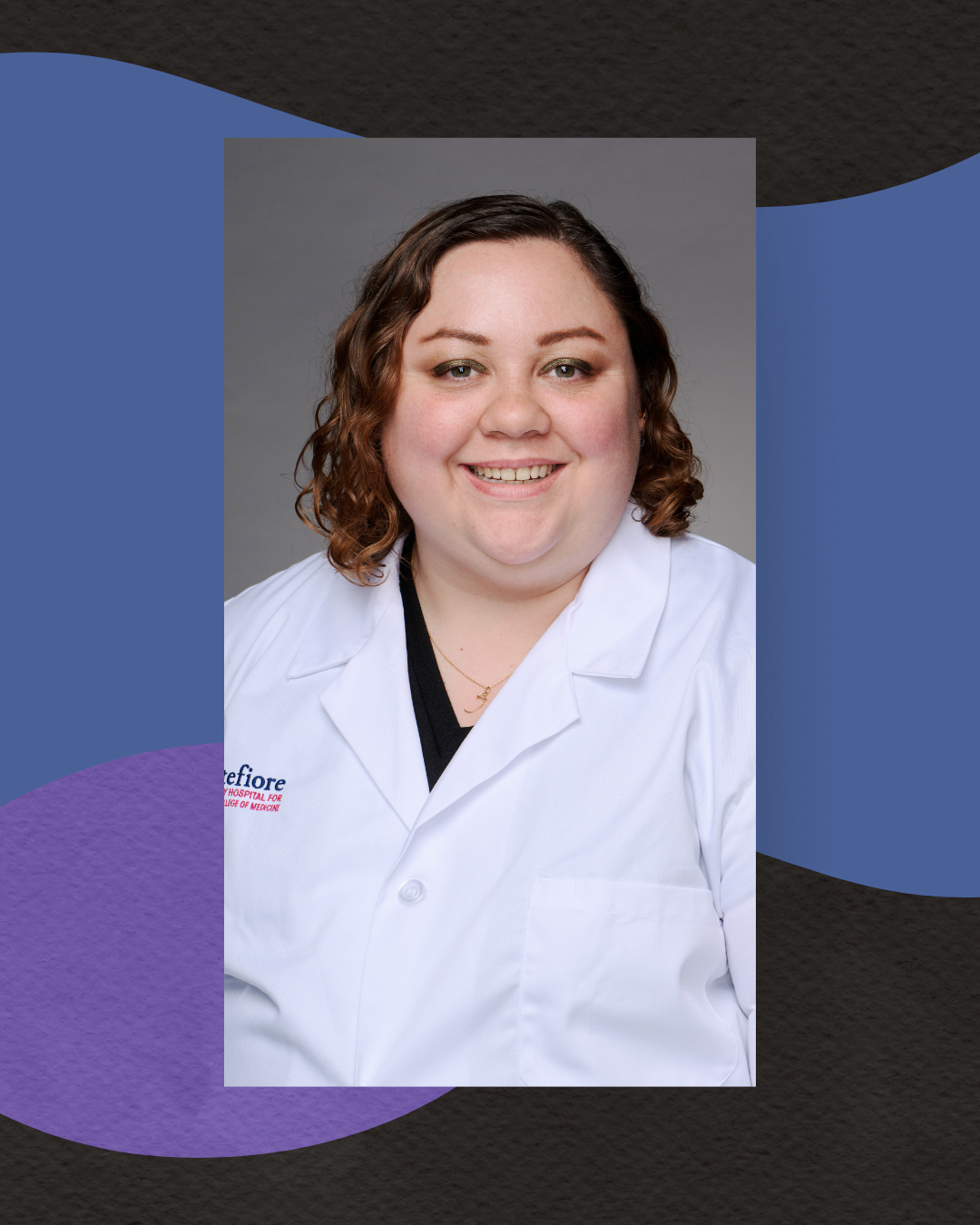
Erica Nobles, DO
Program
Jacobi Montefiore Emergency Medicine Residency
Capstone Project
For my Capstone Project, I developed an Ultrasound Tract for my residency program. This mentored tract allows for opportunities for residents to grow skills in image acquisition, interpretation, clinical integration, medical education, research, and systems-based POCUS leadership. This academic year, we welcomed the first cohort, consisting of one PGY-1 and two PGY-2 residents.
What would you tell future EMRA leaders about your experience in EMRA's Leadership Academy?
This experience was truly valuable in gaining access to the insight and expertise of numerous Emergency Medicine physicians and leaders. Throughout the sessions as well as the associated didactics, I was able to explore several facets of effective leadership which I will bring forward with me into the rest of my career in Emergency Medicine.
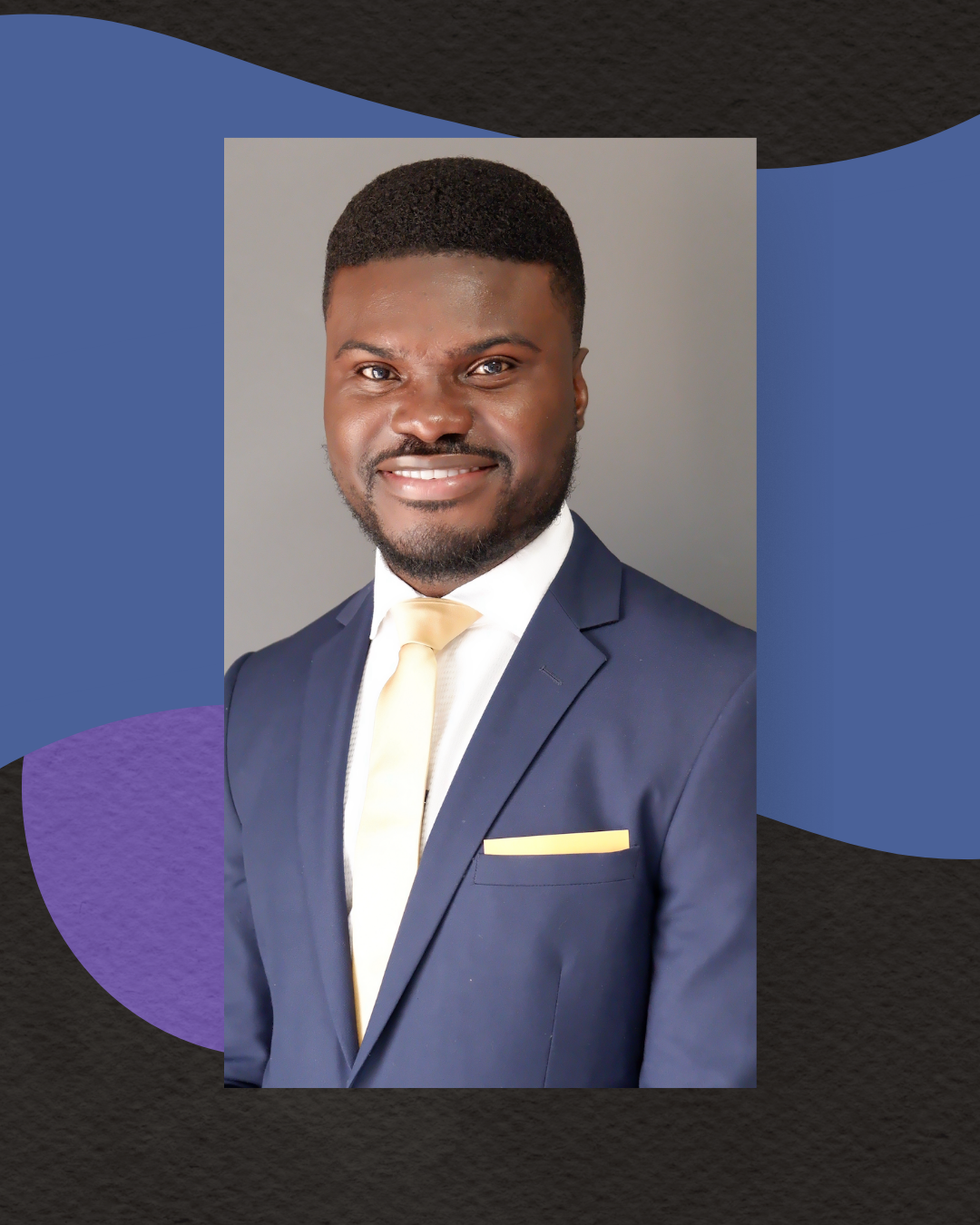
Takyi Frederick Ofori, MD
Program
Nuvance health/ Vassar Brothers Medical Center
Capstone Project
For my project, I am developing a secure, QR code–accessible platform to archive interesting, rare, and publishable cases from our ED. While our ED sees a rich variety of pathologies, many valuable cases go undocumented despite their potential for academic presentations and publications. This platform will serve as an accessible, organized and centralized database for case tracking and reference by current and future residents, for future scholarly work.
What would you tell future EMRA leaders about your experience in EMRA's Leadership Academy?
Participating in EMRA’s Leadership Academy has honestly been a transformative and impactful experience for me. From discussions held by inspiring leaders and field experts, to connecting with colleagues who are equally passionate about driving change, I have gained deeper insight into effective communication and practical leadership skills that have shaped my leadership style and my everyday interactions. I am incredibly grateful for this opportunity and I highly recommend the program to any resident or student seeking to grow as a leader or physician. It will teach you what it really means to lead with purpose.
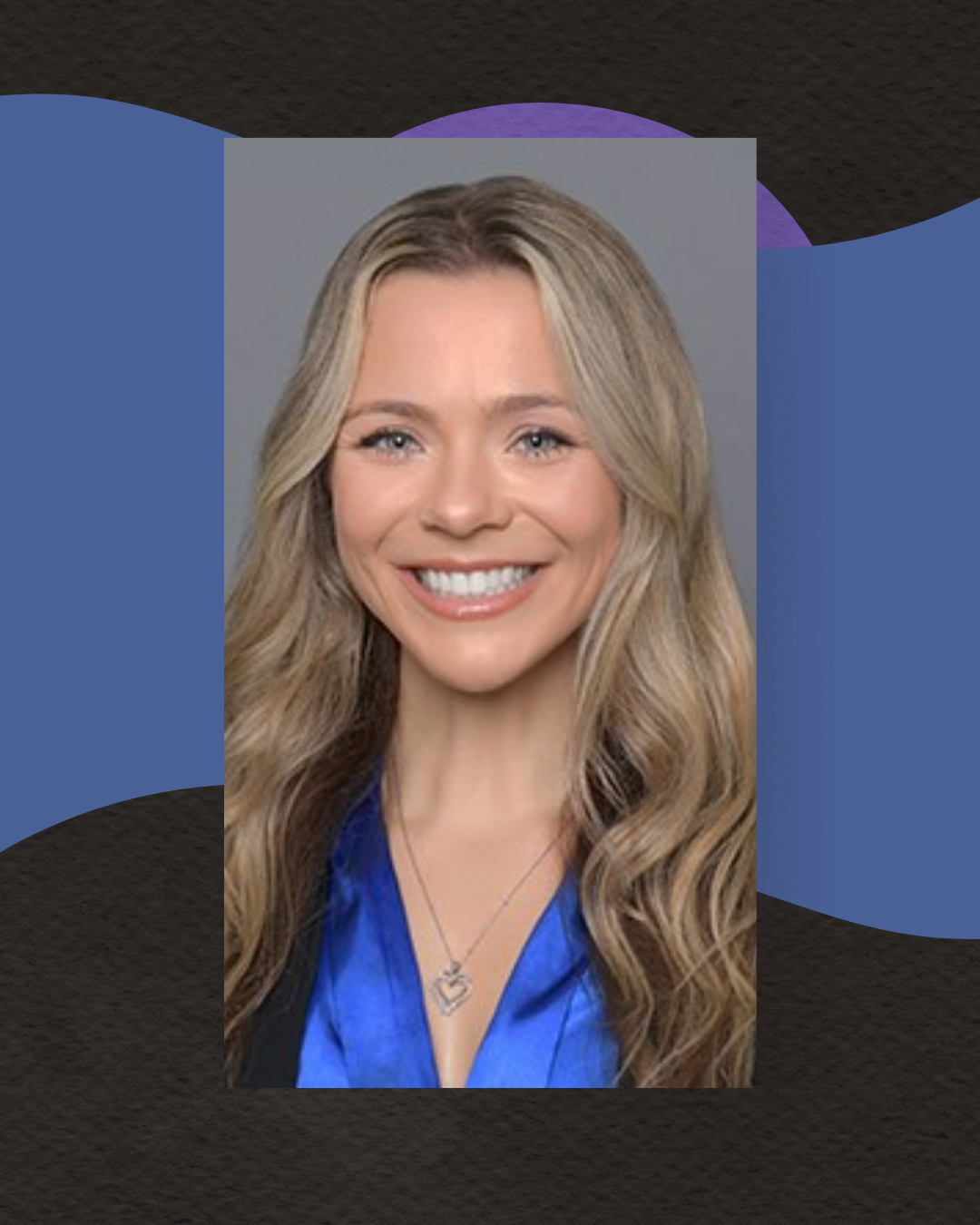
Kristina Pagano, MD
Program
UC Irvine Medical Center
Capstone Project
A City Fire Department is implementing a 6-month pilot program testing a novel staffing model utilizing single-function paramedics (SFPs) - paramedics who are not cross-trained as firefighters. This study will evaluate the impact of this staffing model on system-wide unit availability, representing the first investigation of its kind in fire-based EMS systems.
What would you tell future EMRA leaders about your experience in EMRA's Leadership Academy?
The EMRA Leadership Academy gave me the opportunity to learn from experienced leaders in our field, helping me refine my skills, grow professionally, and gain a deeper understanding of myself and my leadership style.
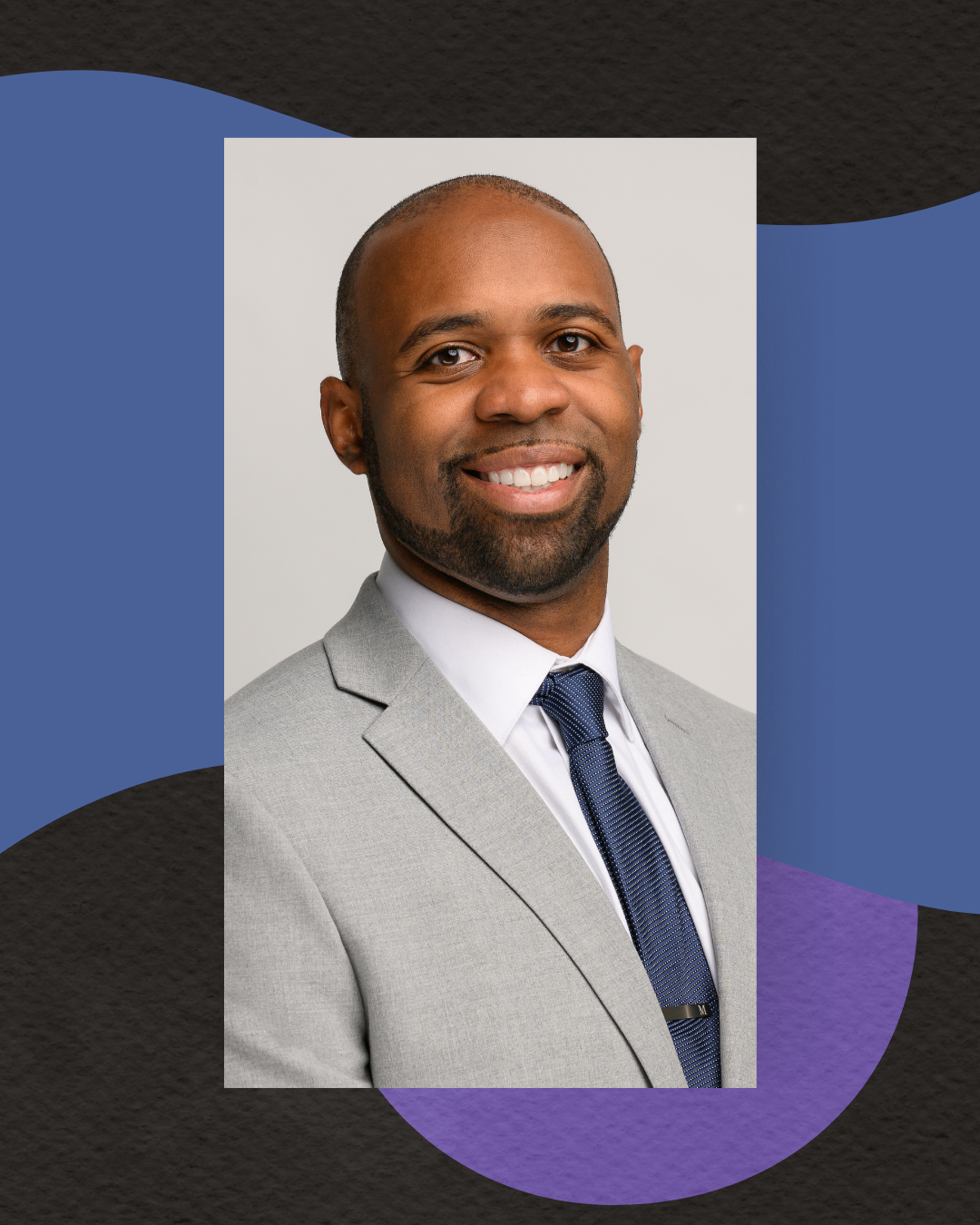
Marcus J Robinson, MD
Program
AdventHealth East Orlando
Capstone Project
I created a pocket reference booklet titled “MR DOSE” to serve as a quick guide for the most commonly used medications in our emergency department. I collaborated closely with our ED pharmacists to ensure accurate dosing and administration information. The medications are organized alphabetically and include the mechanism of action, dosing, indications, and contraindications relevant to emergency medicine.
What would you tell future EMRA leaders about your experience in EMRA's Leadership Academy?
EMRA’s Leadership Academy was an invaluable experience that strengthened my approach to leadership in Emergency Medicine. It provided the opportunity to engage with accomplished leaders , including my program director, in the field and learn the skills and perspectives that shaped their success. The program broadened my understanding of the many avenues within Emergency Medicine that are often underrecognized during training. Most importantly, it inspired me to apply these leadership lessons to my daily clinical practice, enhancing teamwork and improving patient care.
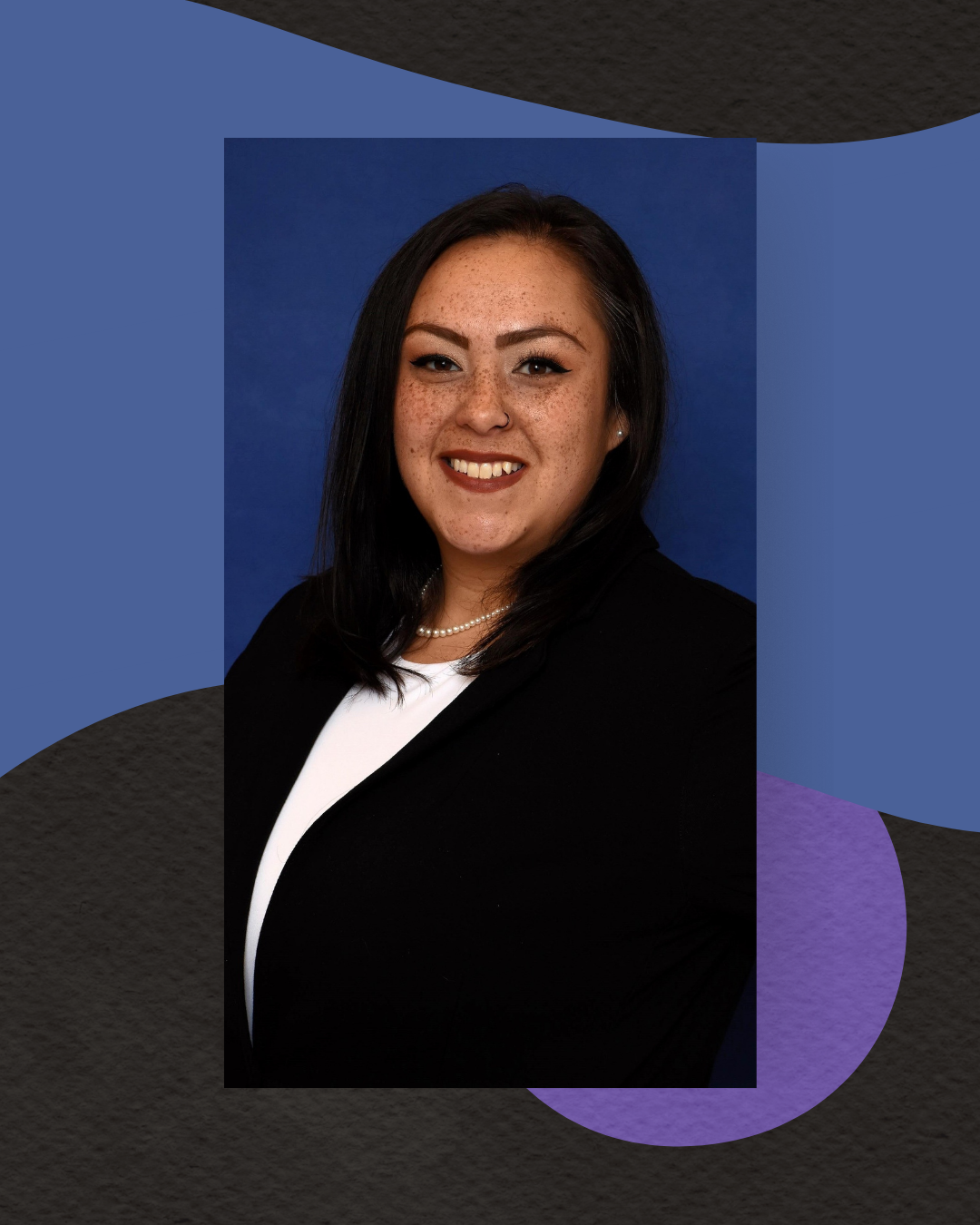
Alison Sanchez, MD
Program
University of Missouri Kansas City
Capstone Project
For my capstone project, I am developing a just-in-time clinical decision making curriculum to improve emergency medicine residents clinical decision making skills and preparedness for the ABEM board certification examination.
What would you tell future EMRA leaders about your experience in EMRA's Leadership Academy?
I am so incredibly thankful for the experience and learning opportunity that EMRA's Leadership Academy provided. I am walking away from this experience inspired and with new tools to apply and carry forward into my future career as an emergency medicine physician. I have met some fantastic people through this process and been motivated and inspired more times than I can count by the overall experience. I would highly recommend EMRA's LA for anyone from medical student to fellow level.
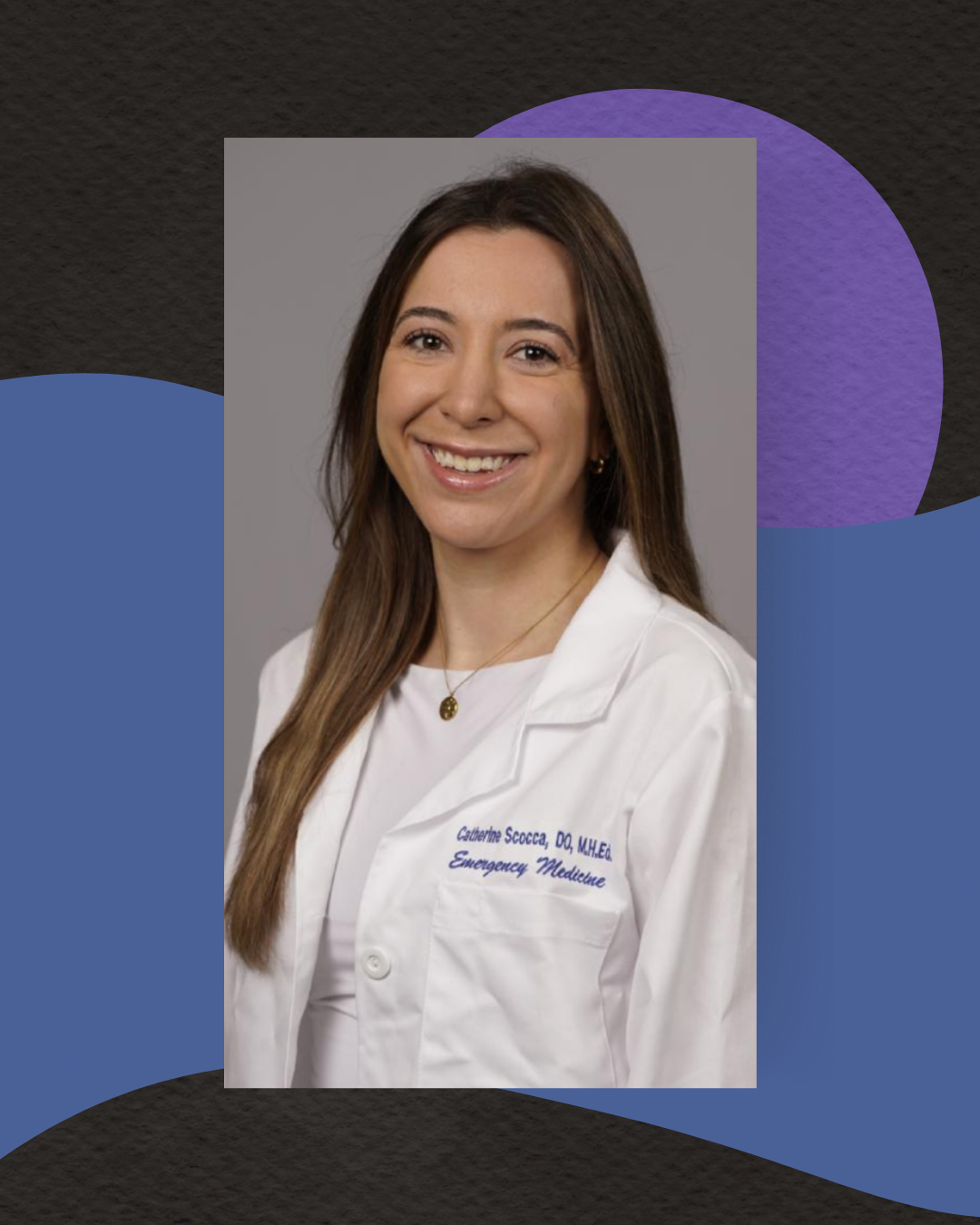
Catherine (Cat) Scocca, DO, MHEd
Program
University of Kentucky College of Medicine
Capstone Project
My capstone project centered on developing collaborative partnerships with methadone clinics in the Lexington area and implementing a standardized protocol for emergency department providers at the University of Kentucky to facilitate coordinated follow-up care for patients following discharge. This will ensure reliable follow-up and continuity of care for patients after discharge from the emergency department.
What would you tell future EMRA leaders about your experience in EMRA's Leadership Academy?
Participation in EMRA’s Leadership Academy helped me refine my leadership style through mentorship, self-assessment, and practical skill development. It strengthened my ability to communicate effectively within teams, manage conflict, and lead initiatives in high-pressure environments.

Claire Seo, MD
Program
Allegheny General Hospital
Capstone Project
The primary objectives of my project were to identify and profile patients who inappropriately frequent the ED, improve care coordination, and provide more standardized care for these patients. Secondary objectives included monitoring ED utilization, decreasing total cost of care, reducing defensive medicine (eg, diagnostic imaging studies, administrating certain medications), avoiding unnecessary ED utilization, and aligning patients with a primary care provider or specialists. These were accomplished by creating an EMR build that allowed providers to refer patients to a care coordination team that then created a management plan.
What would you tell future EMRA leaders about your experience in EMRA's Leadership Academy?
The Leadership Academy was a very valuable experience and the sessions were excellent. Hearing from leaders in our field about their approach to leadership helped me to identify areas of improvement in my own leadership style and has provided me withe the tools to become a better leader.
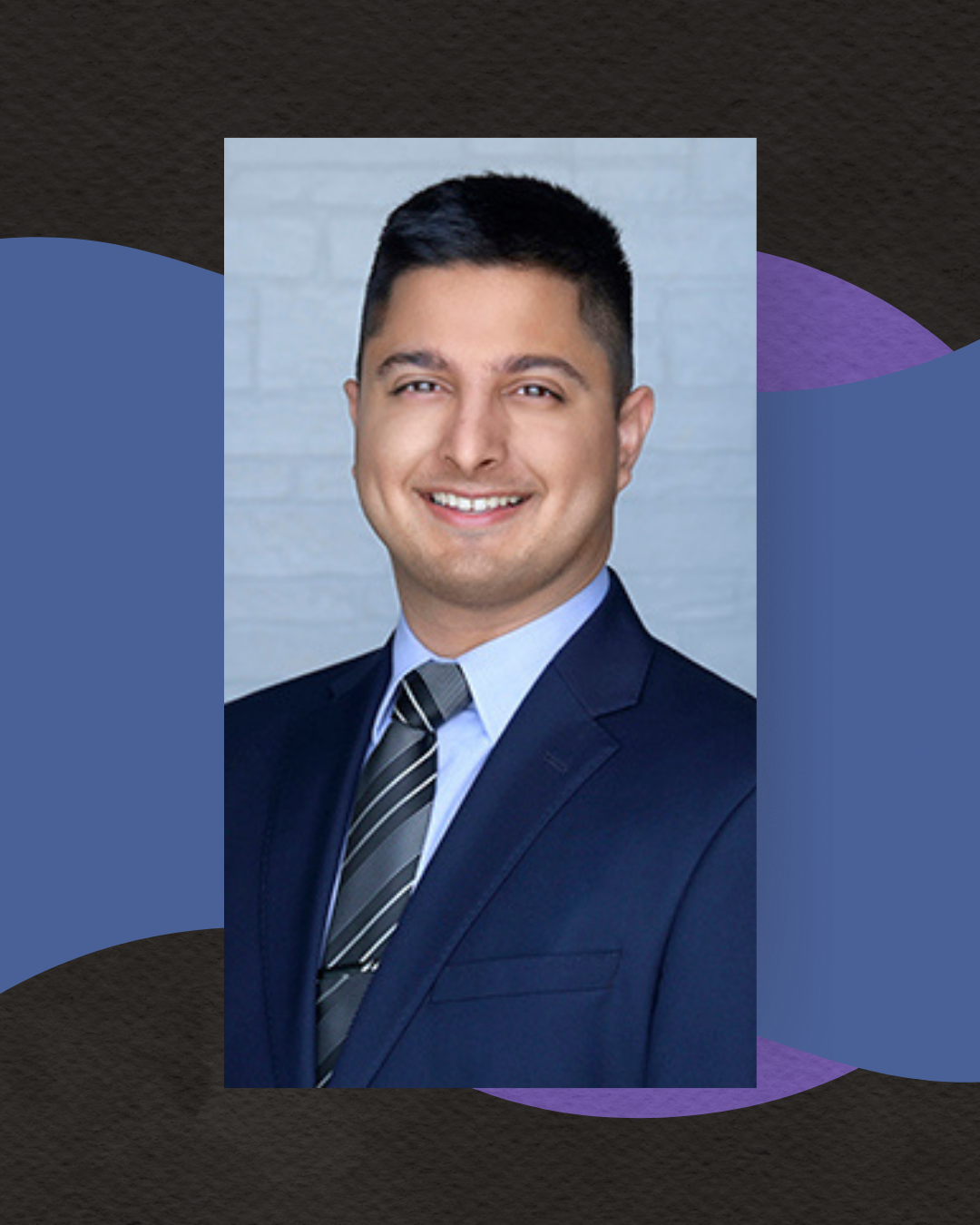
Mihir Shah, DO
Program
St. Joseph's University Medical Center
Capstone Project
Between December and July, our emergency department implemented daily weekday morning rounds to evaluate boarded patients for appropriate level of care. During these rounds, the ED team reviewed each patient’s clinical status and provided upgrade or downgrade recommendations to the admitting team. The goal was to ensure timely placement of patients at the correct level of care, improve patient flow, and reduce unnecessary boarding. Data were collected on the number of recommendations made and the number of successful downgrades achieved. This initiative aimed to identify whether structured morning rounds could serve as a sustainable process improvement tool to optimize bed utilization and enhance ED throughput.
What would you tell future EMRA leaders about your experience in EMRA's Leadership Academy?
The EMRA Leadership Academy was an incredibly meaningful experience that allowed me to learn from inspiring leaders across the country. Each session offered a unique perspective, focusing on different aspects of leadership—from mentorship and communication to setting priorities both within and beyond medicine.

Brian Tang, DO
Program
Staten Island University Hospital - Northwell Health
Capstone Project
During our intern year in 2023, my two co-interns and I began our first ever SIUH Emergency Department Winter Clothing Drive to provide clothing to homeless and to those who don’t have access to warm clothing. Every mid November for the past two years, we have collected donations of winter clothing from our ED colleagues and hospital staff to distribute to homeless shelters on Staten Island. In addition to donating to shelters, we also keep a small supply of these clothing items in our department to provide to patients whose clothing is cut off during trauma evaluations, as well as to homeless individuals who come into the ED without adequate warm clothing. I took the lead each year in designing and distributing flyers throughout the Emergency Department, sending department-wide emails to promote the drive, and coordinating the collection and organization of the donations.
What would you tell future EMRA leaders about your experience in EMRA's Leadership Academy?
I really enjoyed meeting residents from different programs through this leadership academy. I also appreciate learning various tips and tricks from different leaders in their respective fields on what it means to be a leader and how to be a good one. Thank you so much for everything!
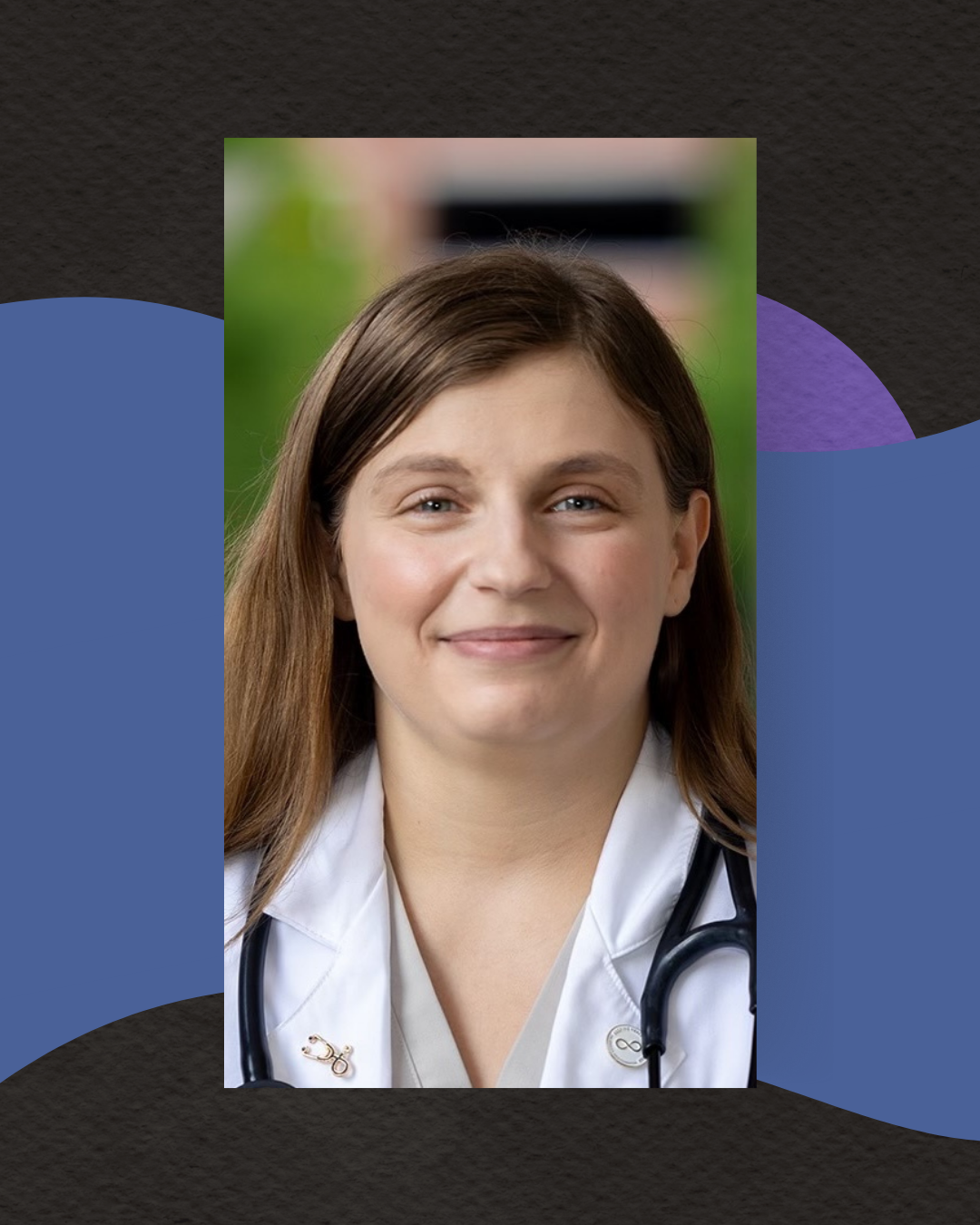
Miranda Teixeira, MD
Program
UTHSC Memphis
Capstone Project
As my capstone project, I developed and launched a Leadership & Innovation Track within our residency program, designed to empower residents to move beyond clinical excellence and become active shapers of healthcare systems. The track introduces residents to pathways in leadership, administration, education, advocacy, and innovation through structured mentorship, workshops, and project-based learning.
What would you tell future EMRA leaders about your experience in EMRA's Leadership Academy?
EMRA’s Leadership Academy was transformative. What made it powerful wasn’t just the speakers or sessions—it was realizing that most leaders didn’t start out confident. They started curious. They asked, “Why isn’t this better?” and then learned how to build something better.
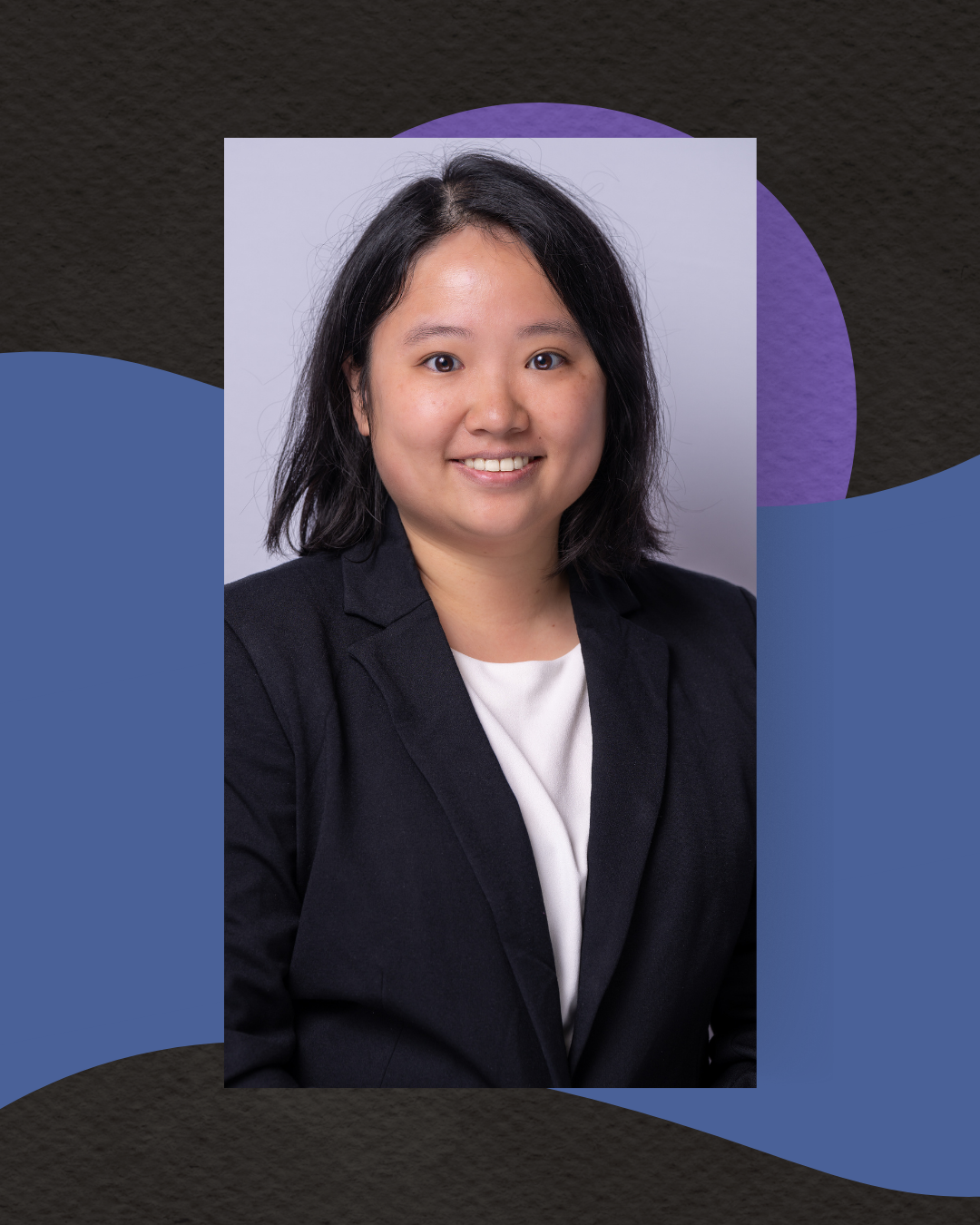
Ching-Fang (Tiffany) Tzeng, MD, MPH
Program
St Barnabas Hospital
Capstone Project
I investigated the association between regional anesthesia and the incidence of acute delirium in adults presenting with acute hip fractures in the emergency department in the Bronx, NY. Given the high prevalence of opioid and other substance use within this patient population, minimizing opioid exposure and promoting the use of regional anesthesia may help reduce the risk of acute delirium, potentially improving patient outcomes in this community.
What would you tell future EMRA leaders about your experience in EMRA's Leadership Academy?
The Leadership Academy provides the opportunity to learn from many outstanding emergency medicine leaders from across the country. I feel fortunate to have gained insights from these great leaders and to apply what I’ve learned to clinical care, professional development, and my personal life.
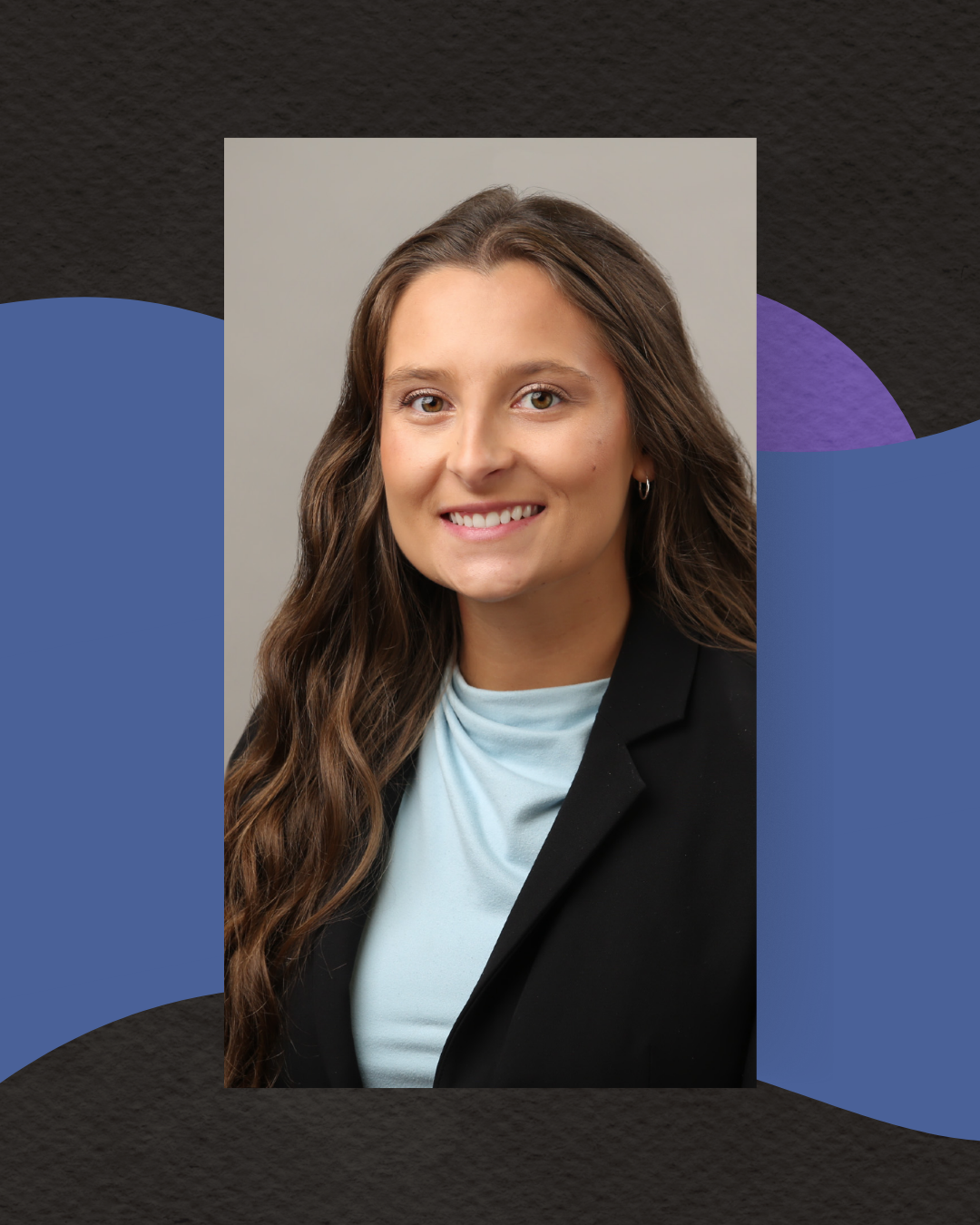
Samantha Wilson, DO
Program
Emory University
Capstone Project
My capstone project focuses on improving how we connect young patients affected by violence to support services. Right now, consults to the Interrupting Violence in Youth and Young Adults (IVYY) program have to be placed manually, which means some eligible patients are missed.
What would you tell future EMRA leaders about your experience in EMRA's Leadership Academy?
Being part of the Leadership Academy was a really meaningful experience. It pushed me to think more intentionally about what leadership looks like in emergency medicine and how I show up for my team. I also met so many residents who are passionate about the same things, which made it feel like a true community. I’d tell future participants to jump in fully and that you’ll get out of it exactly what you put in.
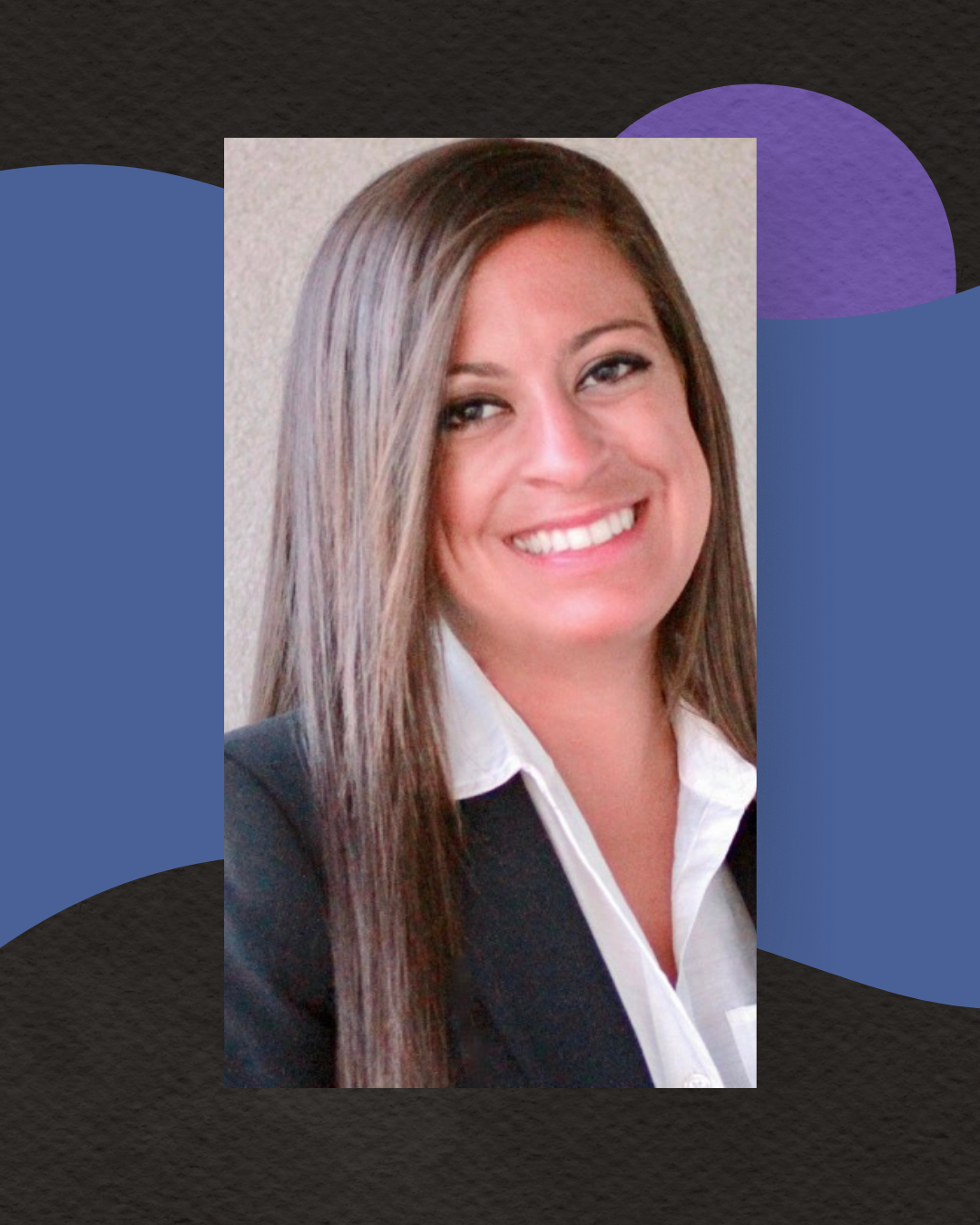
Laila Zomorodian
Program
St. Luke's University Health Network, Bethlehem
Capstone Project
I developed a QR code-based resident feedback survey for patients or their accompanying visitor to complete either at the end of their ED visits or upon admission/transfer. Unlike a Press-Ganey patient satisfaction survey which only reflect the care perceptions by discharged patients, this survey provides immediate feedback; is extremely brief, taking an estimated 1 minute to complete; is focused on a specific emergency department resident's care, and can be collected on a per-shift basis providing near-real time feedback without pressuring patients to complete the survey in front of the resident. Because the questions asked are similar to or the same as those asked in Press-Ganey survey, aggregate results can be validated against existing Press-Ganey averages for each resident. The intent is to provide more personal, granular and timely feedback. We are still early in the implementation of this project and do not yet have results but will be happy to share them with Leadership Academy once they are.
What would you tell future EMRA leaders about your experience in EMRA's Leadership Academy?
You have a lot of flexibility to make any kind of project you want a reality - I would brainstorm early, talk to supportive faculty at your institution, and know that the project doesn't have to be analyzed by the time you report it to Leadership Academy. It is a great chance to work on meaningful, tangible change in your system. The curriculum of LA is also very useful and what you get out of them is directly proportional to the effort you put it. You will also build connections that you can mature in-person at LAC and at ACEP and this is overall a great experience to get your leadership activity started.
Related Content






